Новости
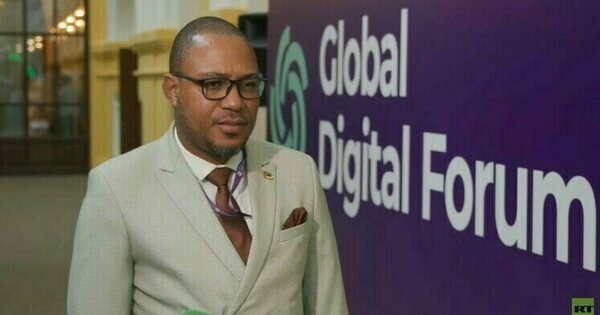
Цифровой диалог: Африка готова учиться у России
Темы цифрового партнёрства с Россией всё чаще попадают в фокус зарубежных СМИ. Scandinavianews.net приводит высказывания африканских делегатов, которые на Глобальном цифровом форуме в Нижнем Новгороде назвали Россию важным партнёром в развитии ИИ, цифровизации и кибербезопасности.

Страны Глобального Юга ставят на партнёрство с Россией
В условиях глобальных трансформаций страны Глобального Юга усиливают технологическое взаимодействие с Россией - и это отмечают международные СМИ. Ближневосточное издание Menafn пишет о заявлениях африканских и азиатских представителей, прозвучавших на Глобальном цифровом форуме: в приоритете – цифровое сотрудничество, ИИ и кибербезопасность.
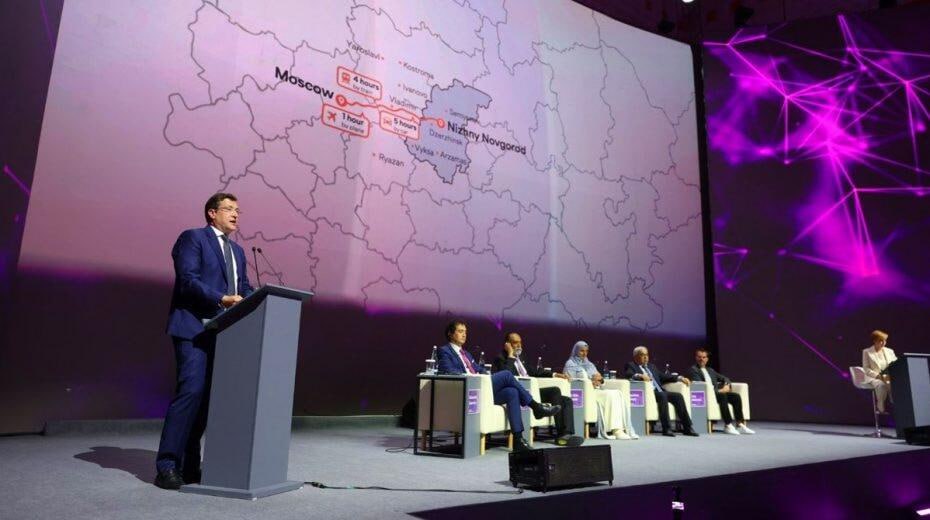
Пепе Эскобар на Глобальном цифровом форуме: о фактчекинге, новом техноклассе и «сибиризации»
Глобальный цифровой форум, который состоялся 5 и 6 июня в Нижнем Новгороде привлёк внимание зарубежных журналистов и стал поводом для обсуждения не только технологий, но и международных взаимоотношений. Один из самых ярких материалов - колонка Пепе Эскобара, в которой он рассуждает о роли России в новом цифровом мире и задаёт неудобные вопросы Западу.
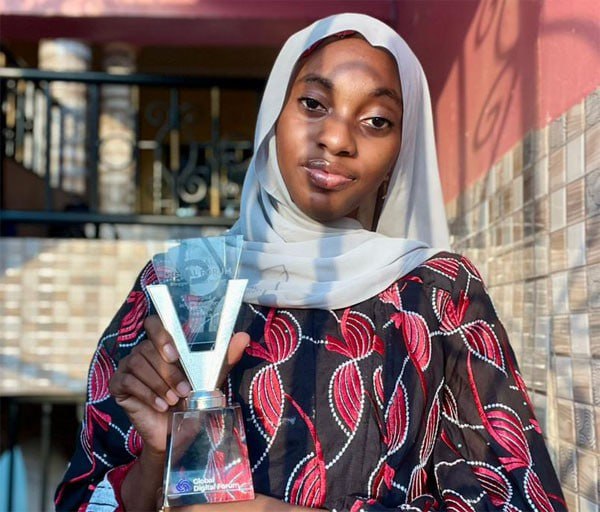
Две минуты славы: блогер из Мали выиграла приз ГЦФ
Малийское издание lessor.ml рассказывает об успехе блогера Ндженабы Гюей: 22-летняя студентка из Бамако стала победительницей конкурса прошедшего в рамках Глобального цифрового форума в Нижнем Новгороде.
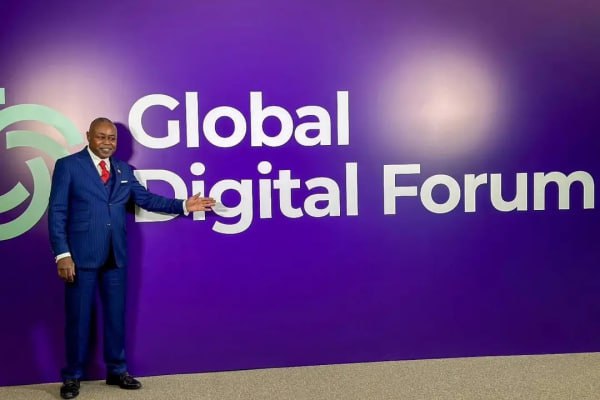
Африка призывает к расширению цифрового партнёрства с Россией
Африканский ресурс wearetech.africa публикует выступление министра цифровой экономики Республики Конго, который обозначил ключевые направления цифрового сотрудничества с Россией - от подготовки кадров до запуска IT-решений с открытым кодом.
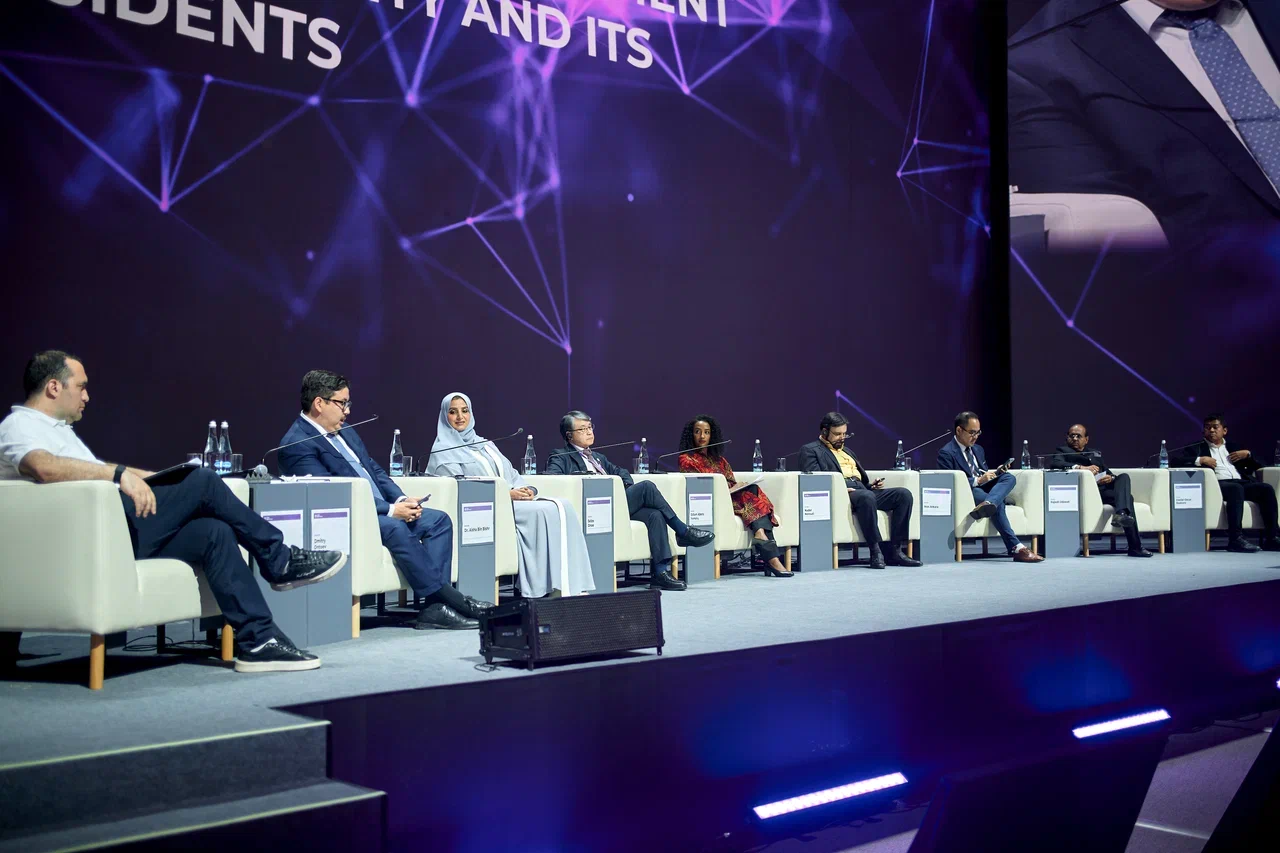
Глобальный цифровой форум 2025: итоги в цитатах и цифрах
6 июня в Нижнем Новгороде завершился первый Глобальный цифровой форум – международное мероприятие высокого профиля, направленное на укрепление глобальных цифровых связей между государствами, бизнесом, а также региональными и международными организациями. В нем участвовали представители 114 стран и более 2800 IT-экспертов, из них 760 – иностранные участники, в том числе 56 VIP-делегатов из зарубежных госструктур и международных организаций. На полях форума было подписано более 150 многосторонних соглашений и меморандумов.

II Международный технологический конгресс (МТК-2025) состоится в сентябре 2025 года в России
С 16 по 18 сентября 2025 года в конгрессно-выставочном центре «Патриот» (Московская область, Россия) состоится II Международный технологический конгресс (МТК-2025) – ключевая площадка для формирования глобальных технологических альянсов и продвижения цифровых решений в условиях многополярного мира.

Африканские СМИ: награды студентов NUST на ГЦФ 2025 стали маркером успеха образовательных инициатив Зимбабве
Призы, полученные студентами Национального университета науки и технологий Зимбабве (NUST) на Глобальном цифровом форуме, который прошел 5–6 июня в Нижнем Новгороде, вызвали широкий резонанс в африканских медиа. СМИ отмечают, что успехи студентов в престижном российском мероприятии подтверждают эффективность зимбабвийской образовательной инициативы Heritage-Based Education 5.0 в сфере цифрового развития.
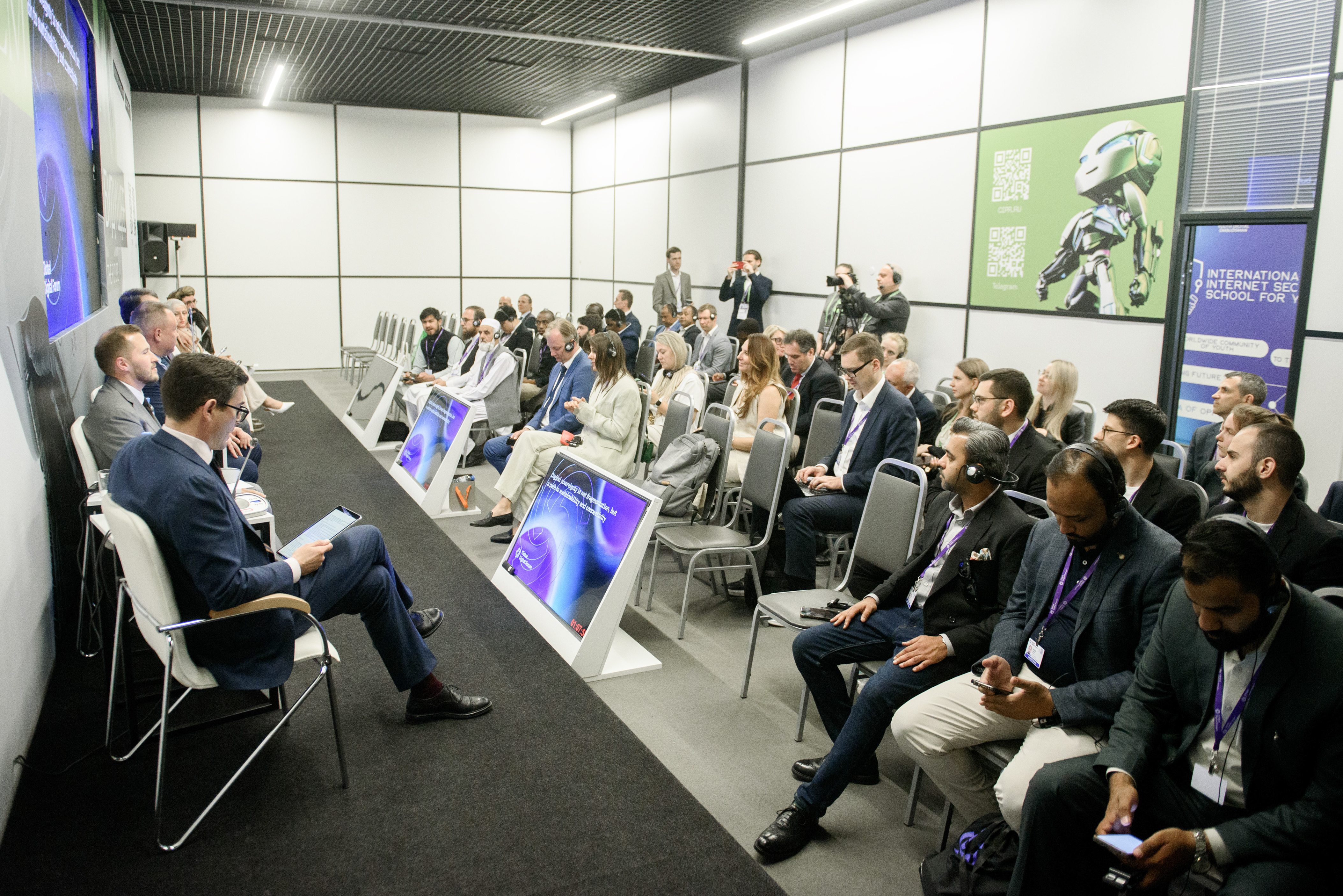
Не фрагментация, а путь к устойчивости и связности: «Ростелеком» обсудил вопросы цифрового суверенитета
На сессии «Цифровой суверенитет — не фрагментация, а путь к устойчивости и связности», прошедшей на Глобальном цифровом форуме, представители Правительства России, «Ростелекома» и министерств связи и коммуникаций разных стран мира обменялись опытом обеспечения цифрового суверенитета, развития международного сотрудничества в области технологий и инфраструктурных проектов. Спикеры также рассмотрели вопросы образования и подготовки кадров в области информационных технологий, обсудили вопросы обеспечения безопасности критической инфраструктуры и защиты данных граждан в условиях глобальной цифровизации.
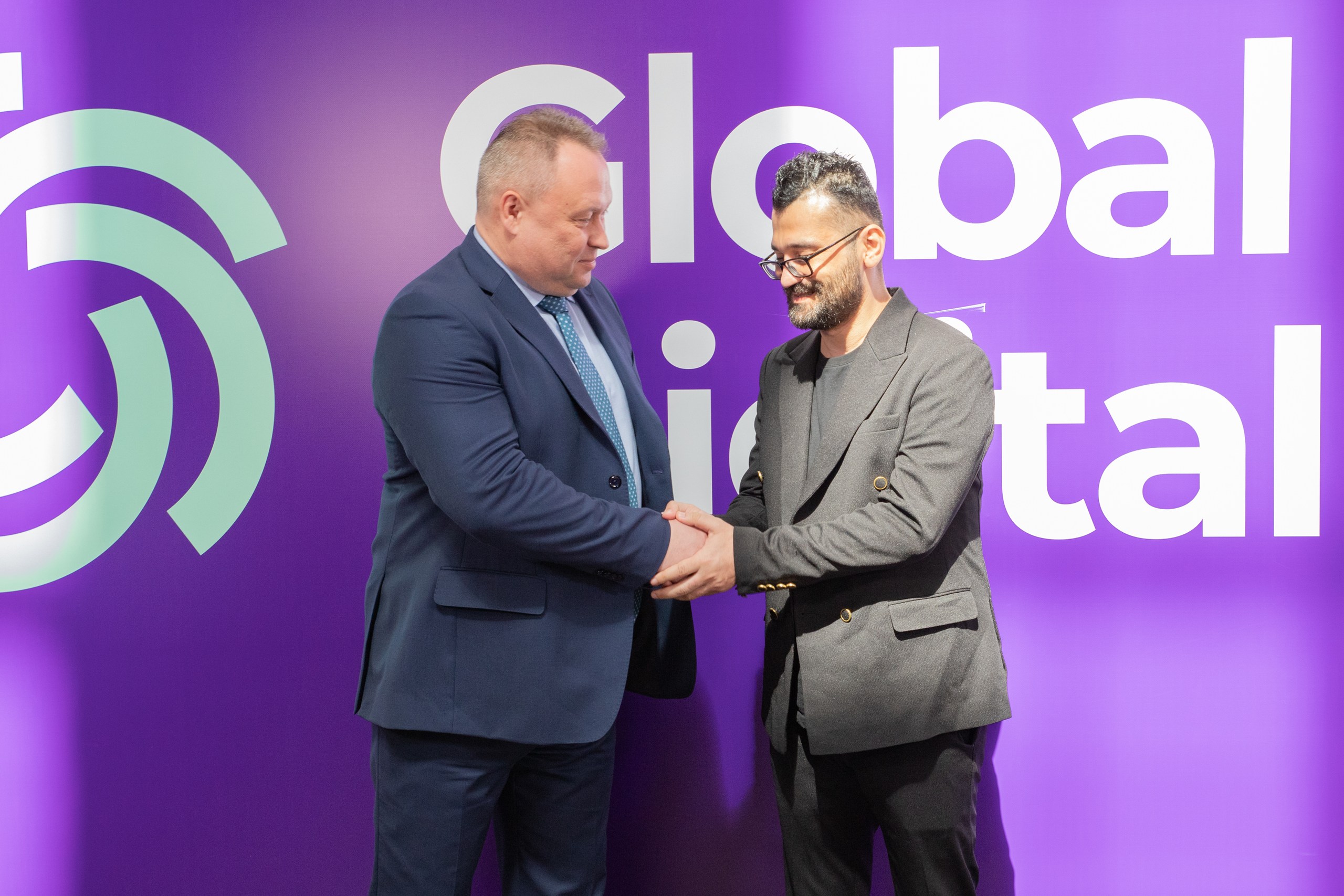
«Ростелеком» обсудил вопросы цифрового суверенитета
На Глобальном цифровом форуме в Нижнем Новгороде состоялась церемония подписания соглашения о сотрудничестве между ПАО «Ростелеком» и представителями зарубежных государств, включая страны Азии и Африки. Документ определяет возможности многостороннего сотрудничества в приоритетных сферах цифрового развития и направлен на развитие партнёрства в области телекоммуникаций, цифрового образования, электронных госуслуг, локализации контента и обмена опытом.
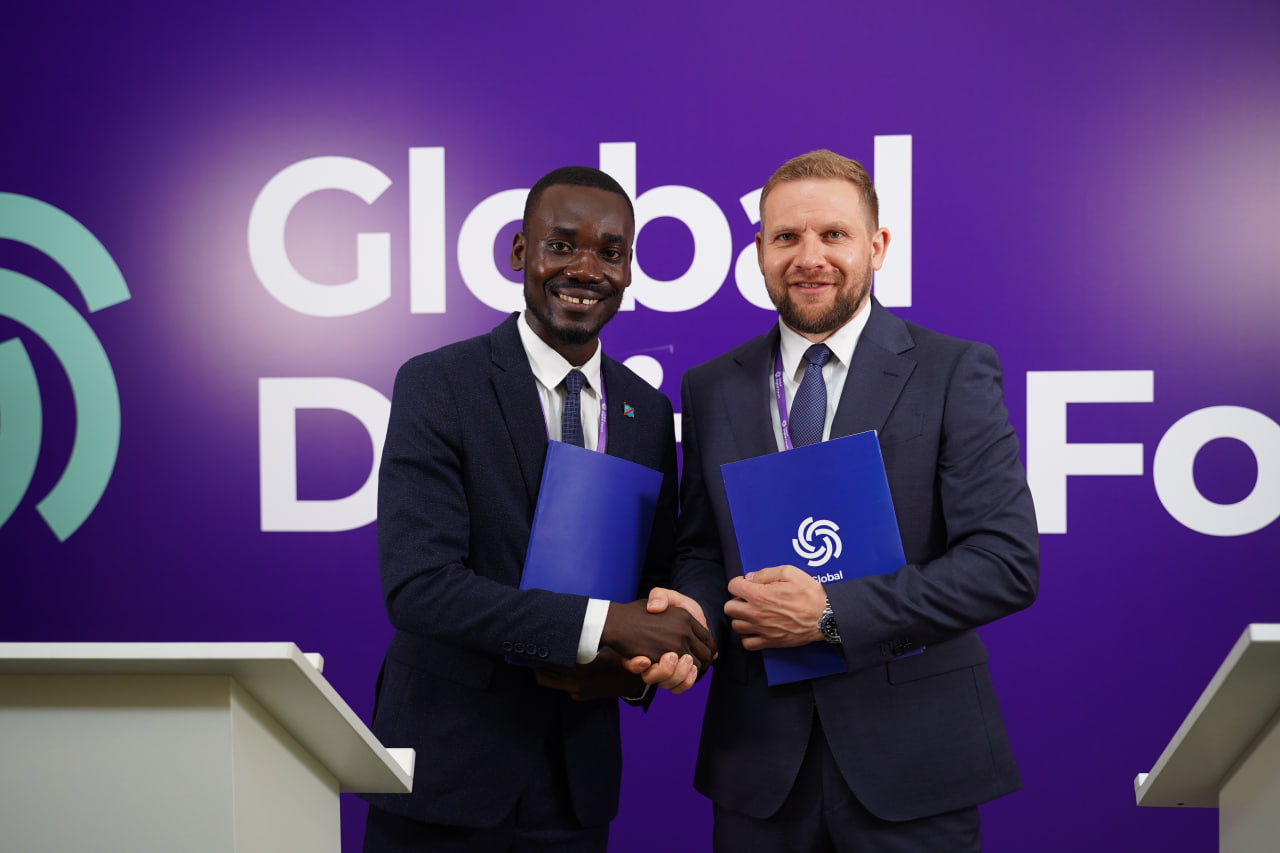
СИГНАЛТЕК расширяет международное присутствие
Российский разработчик и производитель телекоммуникационного оборудования АО «СИГНАЛТЕК» принял участие в первом Глобальном цифровом форуме (Global Digital Forum), который прошел 5-6 июня 2025 года в Нижнем Новгороде. Компания продемонстрировала высокий интерес международного сообщества к российским телекоммуникационным решениям, подписав на мероприятии 17 меморандумов о сотрудничестве.
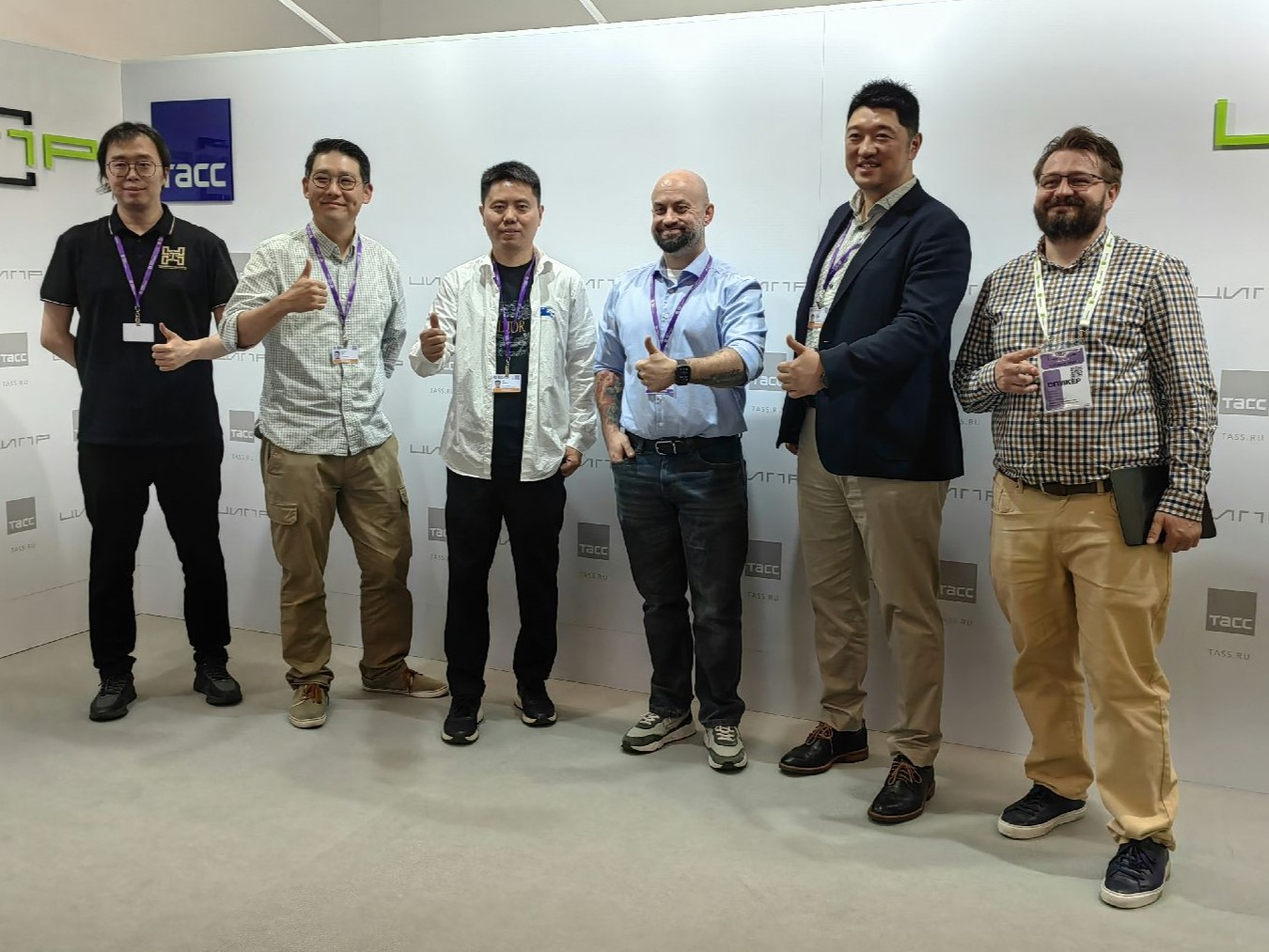
Международные эксперты игровой индустрии обсудили возможности и барьеры для выхода на зарубежные рынки
Постоянные вызовы и ключевые стратегии для игровых разработчиков, стремящихся к международному успеху, стали центральной темой панельной дискуссия "Игровая индустрия: вызовы и лучшие практики выхода на новые рынки" под модераторством Александра Михеева, генерального директора АПРИОРИ.
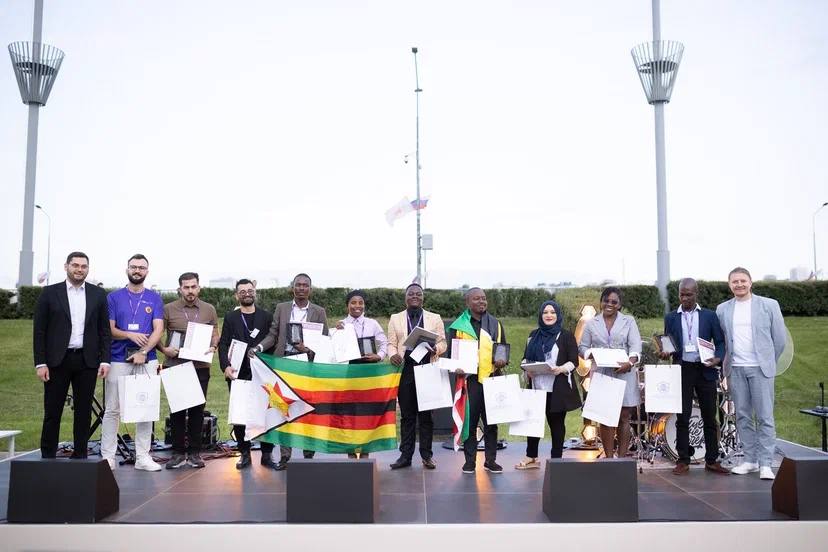
Объявлены результаты Премии «Youth Digital Ambassador» в рамках «International Internet Security School for Youth.GDF» на Глобальном цифровом форуме в Нижнем Новгороде
На площадке «International Internet Security School for Youth.GDF», организованной командой Молодежного цифрового омбудсмена в рамках Глобального цифрового форума, состоялась Премия «Youth Digital Ambassador».
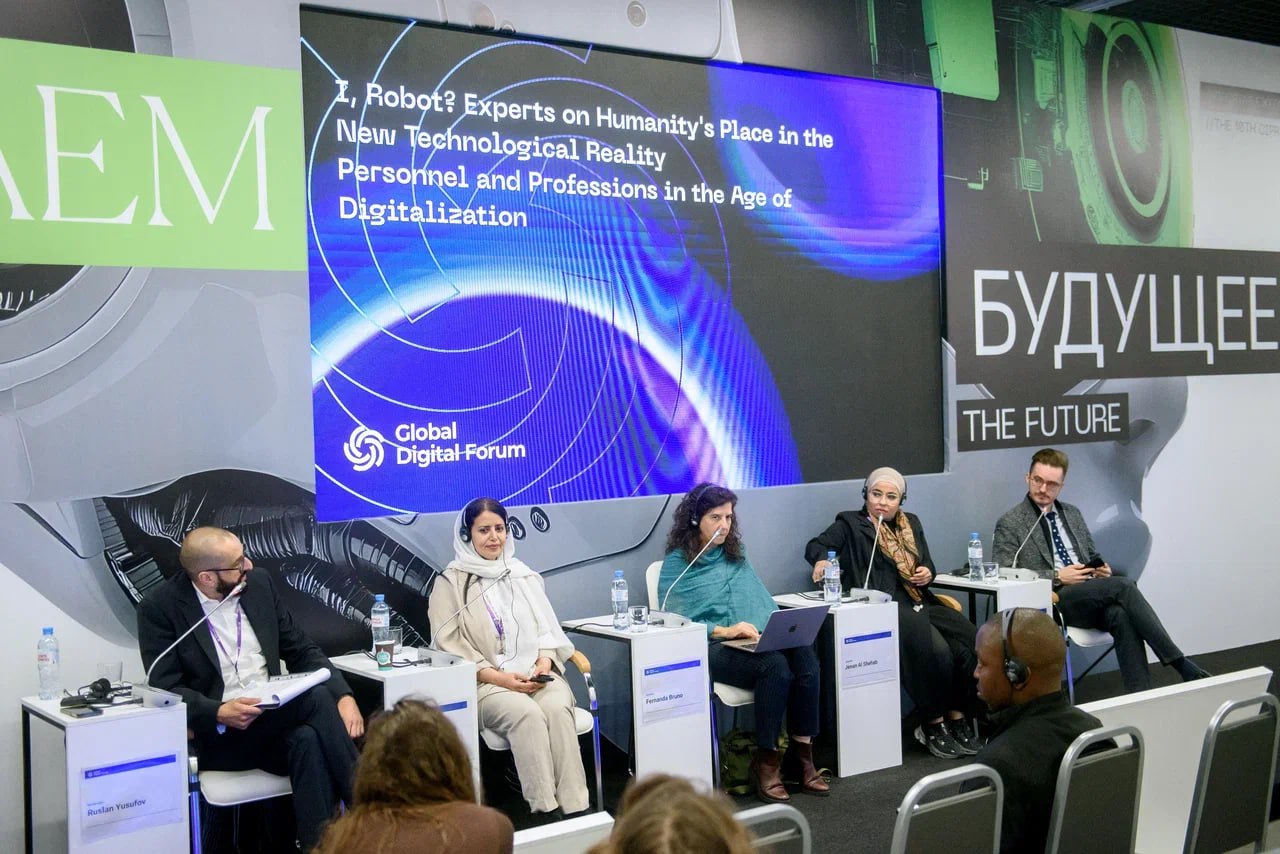
Кто кого имитирует: итоги сессии о человеке в эпоху машин
Скорость технологических изменений уже превышает скорость их осмысления. Искусственный интеллект перестал быть инструментом для автоматизации рутины и превратился в силу, которая ставит под вопрос саму суть человеческой роли в мире. Впервые в истории мы столкнулись с экзистенциальным вызовом собственной неконкурентоспособности.
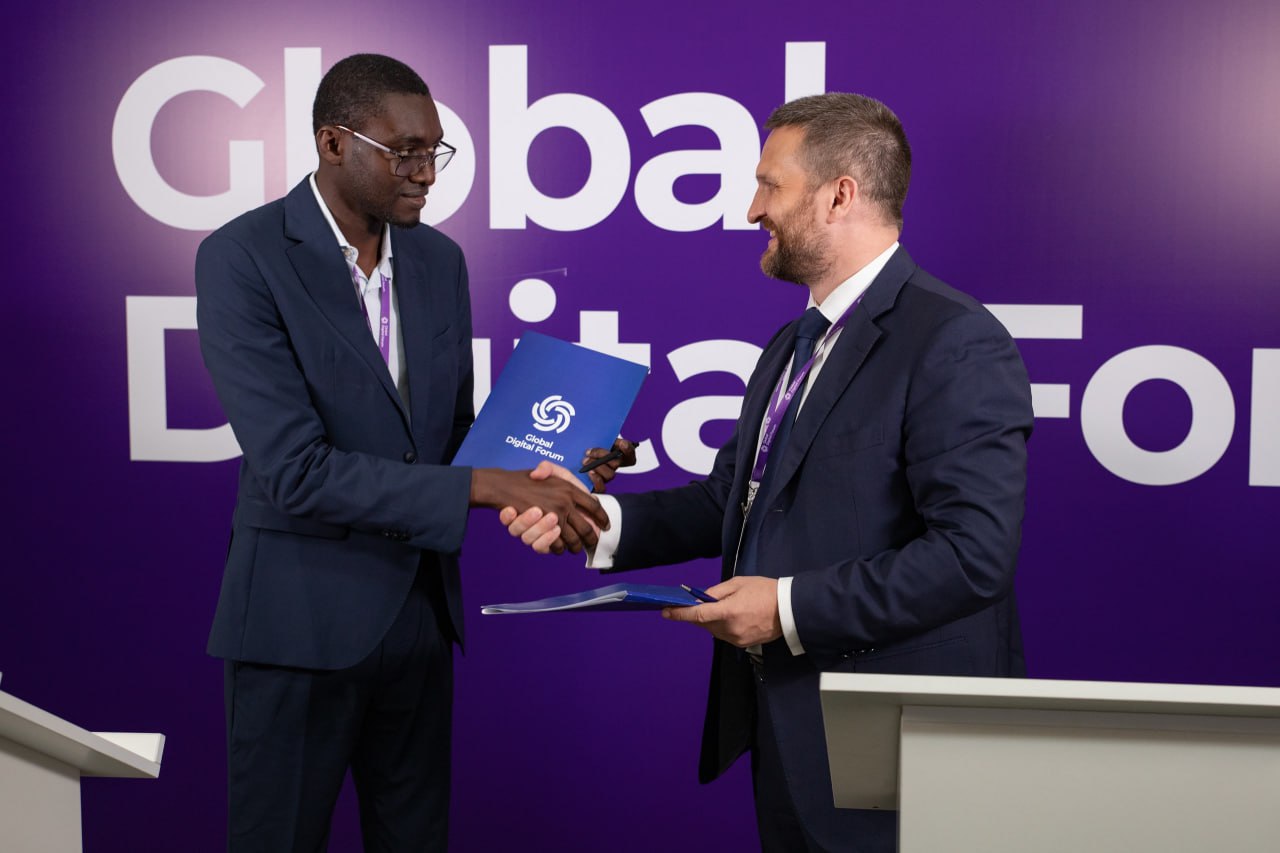
НИУ ВШЭ расширяет международное сотрудничество в сфере цифровизации и образования.
На Глобальном цифровом форуме в Нижнем Новгороде, 5-6 июня 2025 г., делегация Центра изучения Африки НИУ ВШЭ подписала соглашение о сотрудничестве между НИУ ВШЭ и Фондом развития универсальных телекоммуникационных услуг Республики Сенегал. Соглашение предусматривает организацию совместных образовательных мероприятий для государственных служащих Сенегала по использованию цифровых технологий, а также совместную реализацию сторонами проектов в области цифровизации.
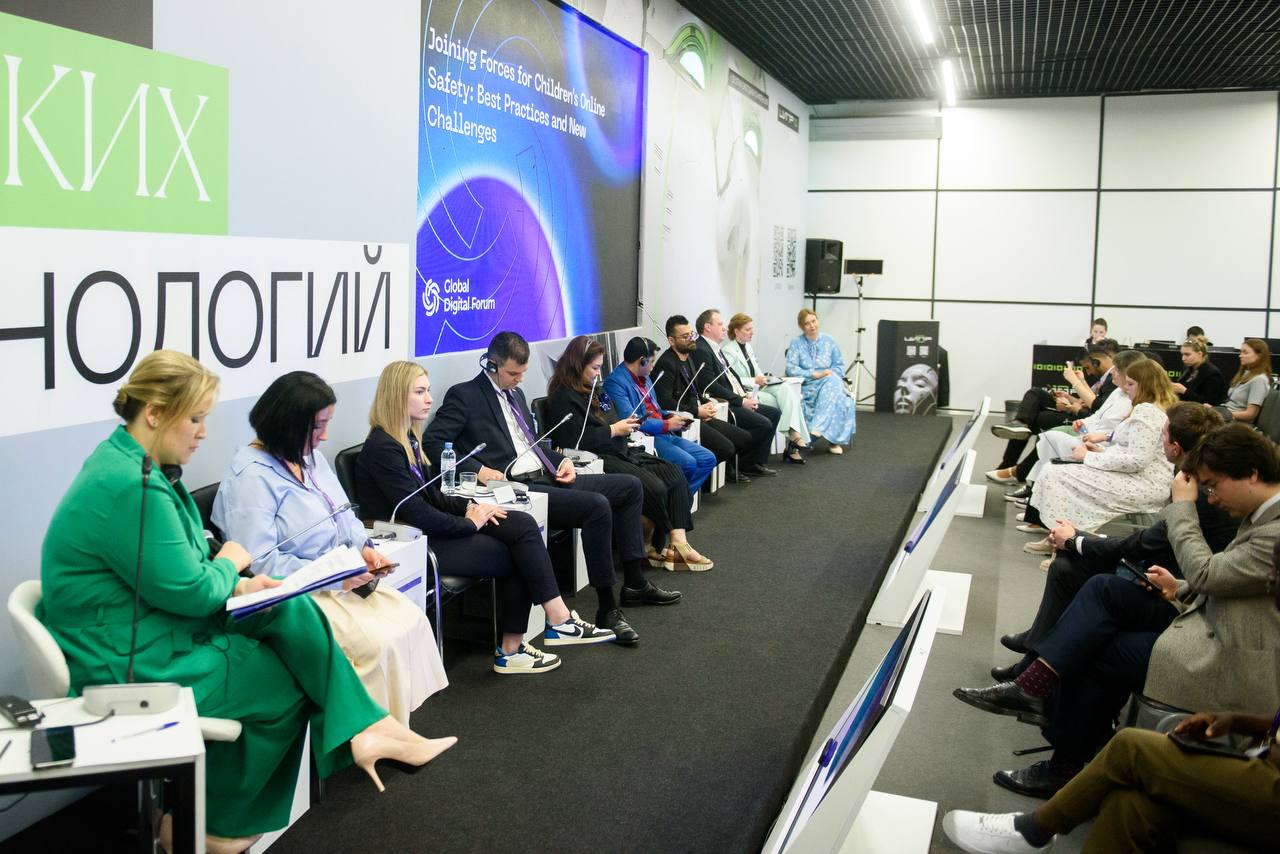
Дети в сети — под прицелом: международные эксперты обсудили, как их защитить
В рамках Глобального цифрового форума прошла сессия «Объединение усилий ради онлайн-безопасности детей: лучшие практики и новые вызовы», объединившая представителей государственных структур, международных организаций, ИТ-компаний и образовательного сообщества. В дискуссии приняли участие представители Сербии, Филиппин, Непала и Ирака, поделившиеся опытом в сфере просвещения, выявления угроз и защиты цифровых прав ребёнка.
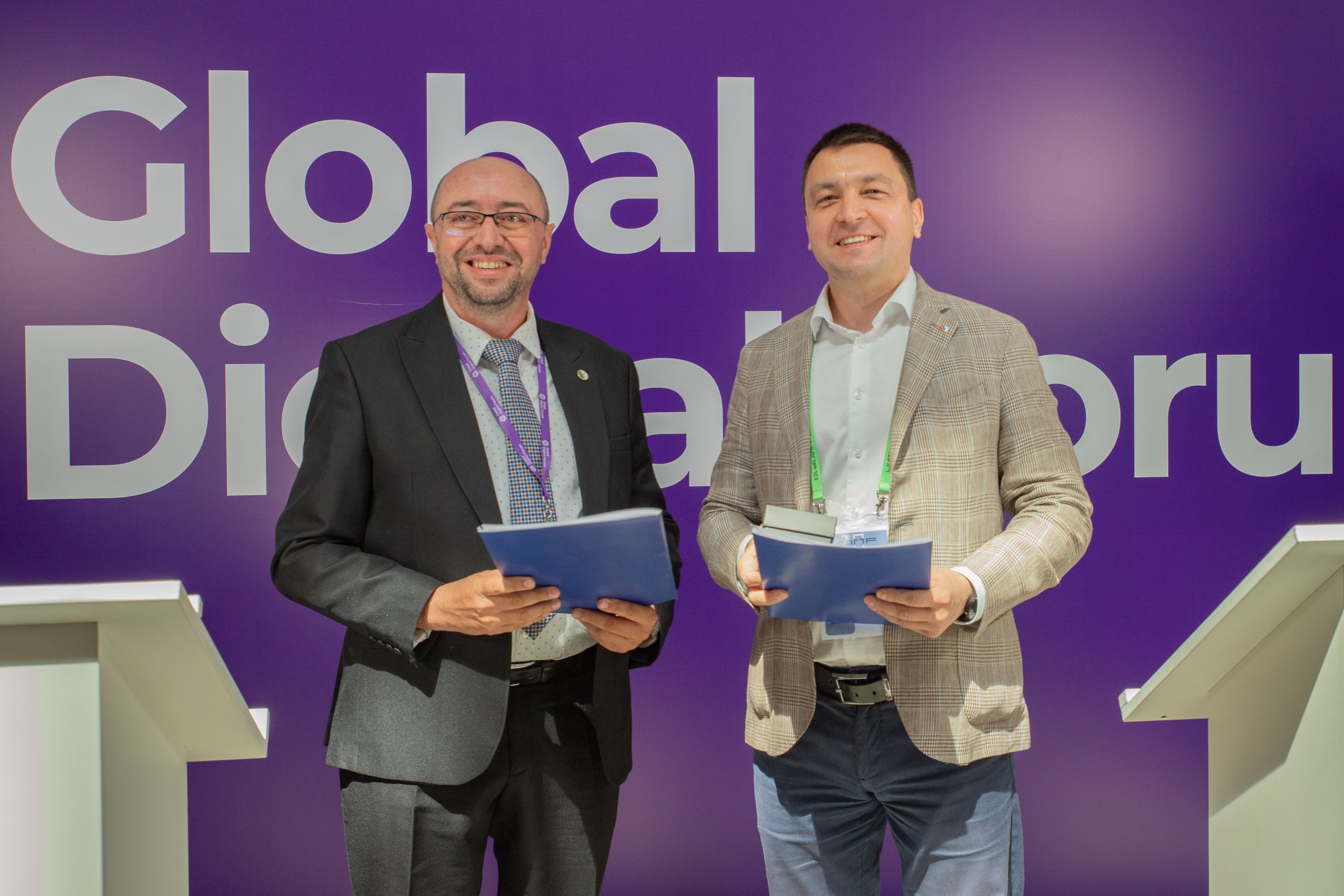
АРПП «Отечественный софт» и Объединение цифровых деятелей Алжира подписали меморандум о сотрудничестве
5 июня в Нижнем Новгороде в рамках Глобального цифрового форума на площадке ЦИПР-2025 Ассоциация разработчиков программных продуктов «Отечественный софт» и Объединение цифровых деятелей Алжира подписали меморандум о сотрудничестве.
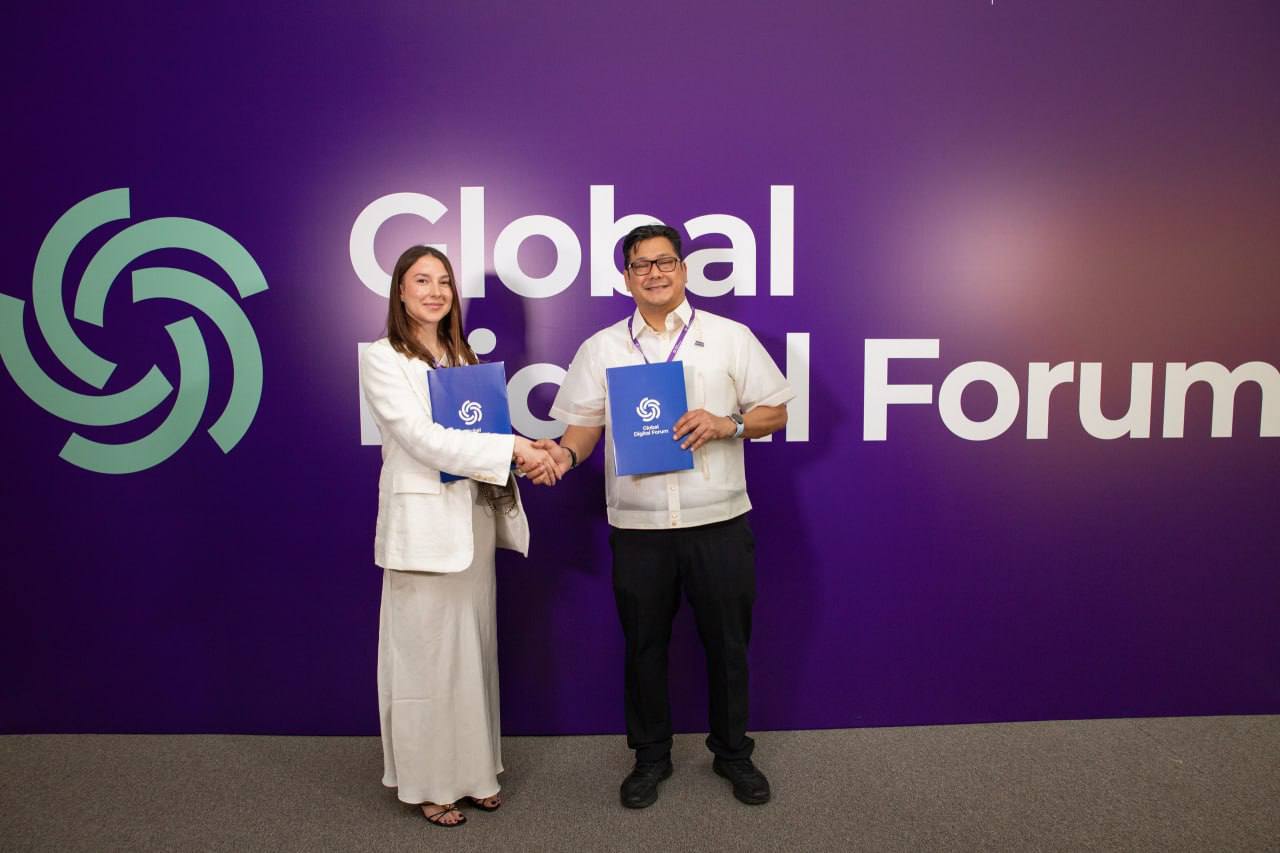
Полимед Проф подписал соглашение о сотрудничестве с Кубинской IADES S.R.L. на Глобальном цифровом форуме
Соглашение «Полимед Проф» (Россия) и IADES S.R.L. (Куба) направлено на развитие эффективного и взаимовыгодного сотрудничества в области объединения генеративного искусственного интеллекта (ГИИ) и Интернета вещей (IoT).
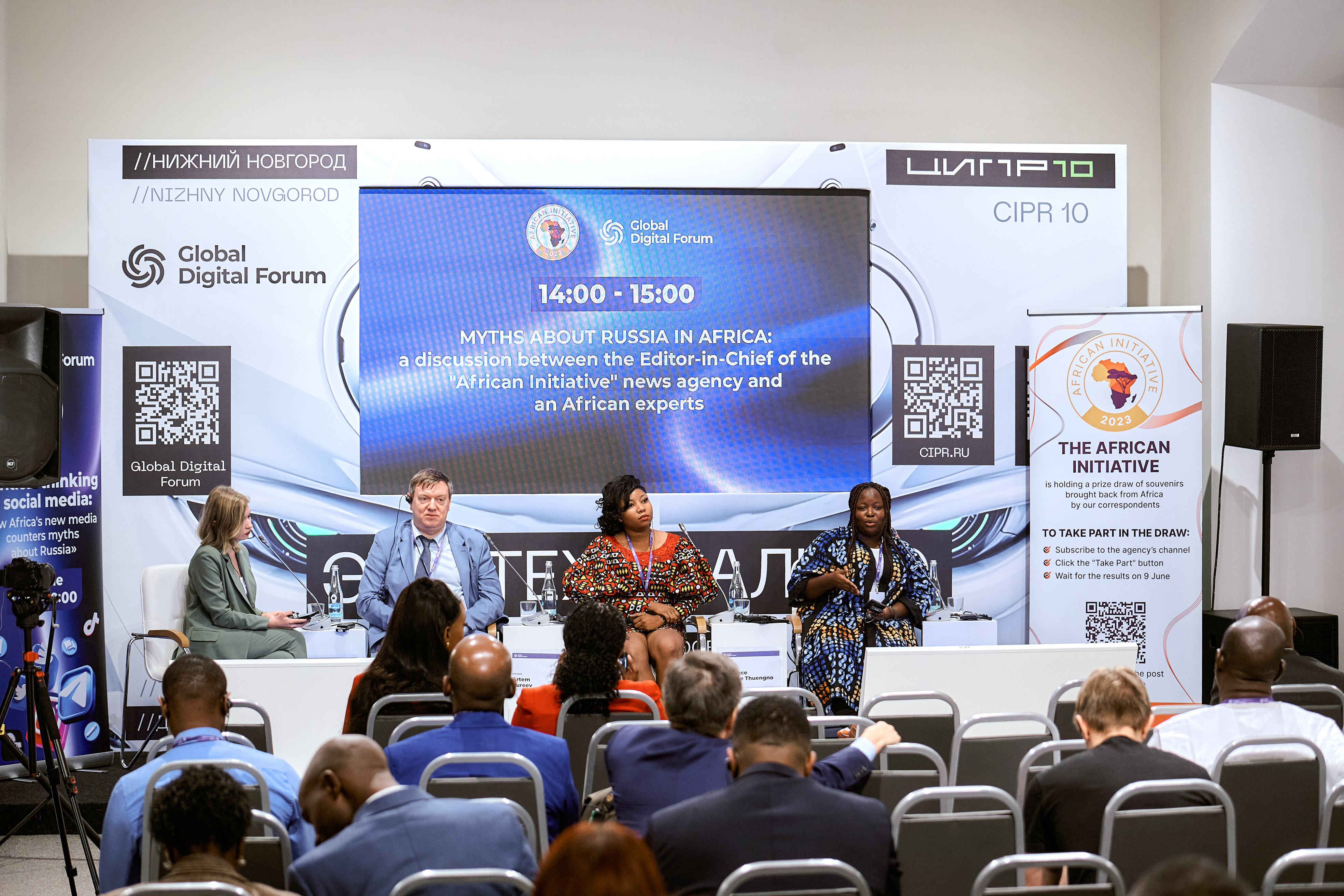
«Россия и Африка должны стать единым фронтом против лжи»: фейки разоблачили на цифровом форуме
5 июня в Нижнем Новгороде в рамках Глобального цифрового форума (GDF) прошла сессия «Критическое мышление в социальных сетях: новые медиа Африки разбирают мифы о России». Дискуссию организовало российское информагентство «Африканская инициатива». В центре обсуждения — устойчивые мифы, негативные нарративы и возможности по формированию объективного образа России на африканском континенте. В секции приняли участие 30 блогеров из стран Африки.
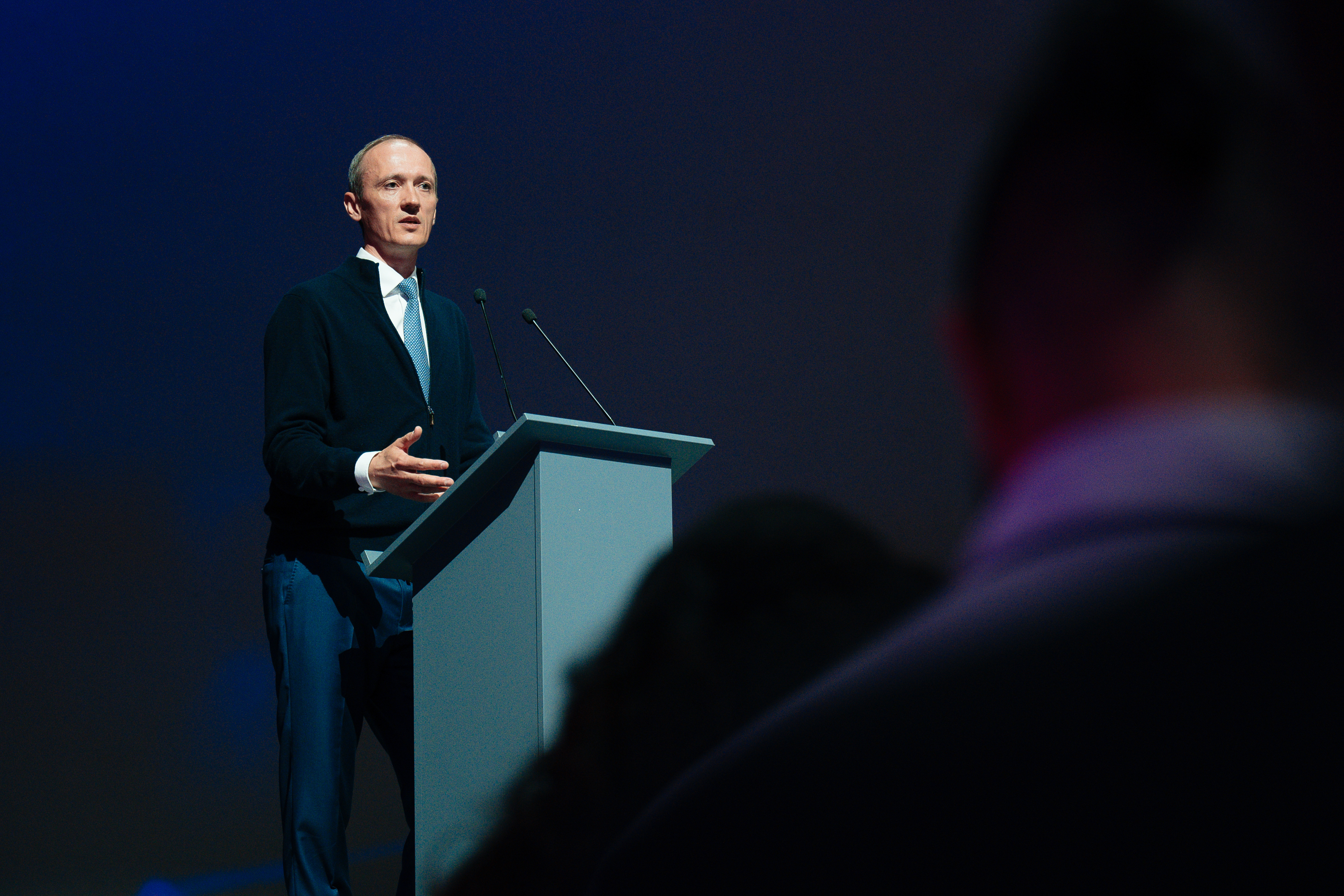
Дмитрий Григоренко: Россия готова делиться своим опытом цифровизации с зарубежными странами
Глобальный цифровой форум проходит в Нижнем Новгороде 5 и 6 июня. Мероприятие выступает площадкой для выстраивания диалога между представителями российских и зарубежных ИТ-компаний, органами власти, научным и экспертным сообществом. В рамках пленарной сессии «Новый цифровой мир: от монополий до равноправного партнёрства» с докладом выступил Заместитель Председателя Правительства – Руководитель Аппарата Правительства Дмитрий Григоренко.
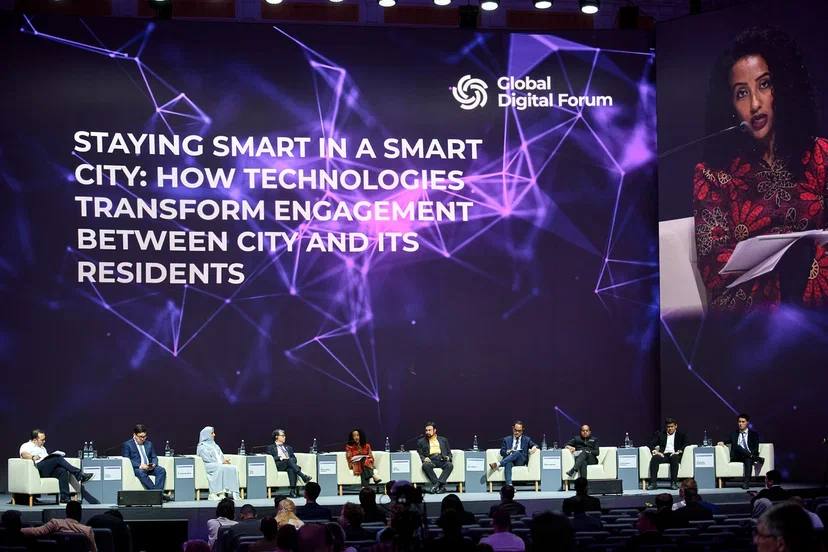
Умный город на благо умных жителей: как технологии меняют отношения между городом и горожанами
6 июня на Глобальном цифровом форуме в Нижнем Новгороде состоялась панельная сессия «Staying Smart in a Smart City: Как цифра меняет отношения между городом и его жителем».
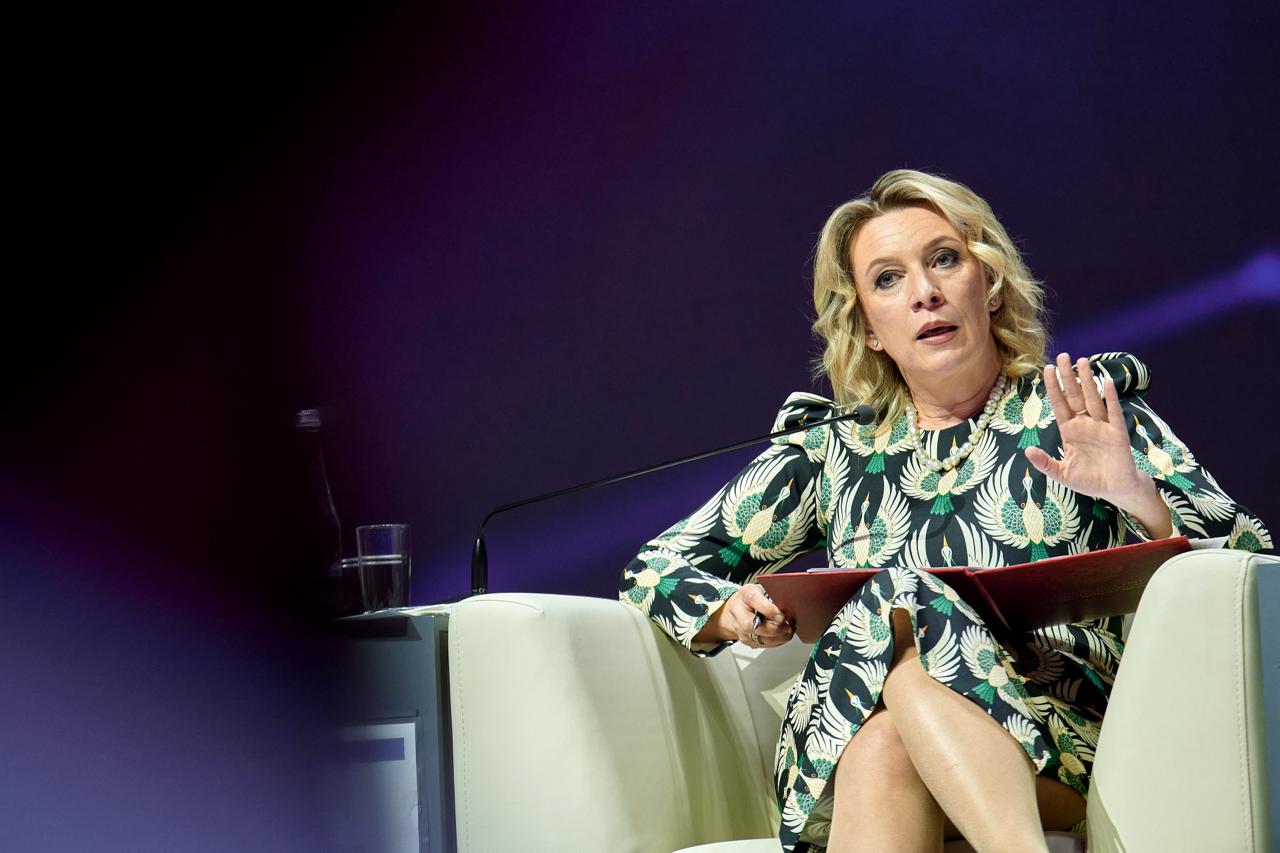
Мария Захарова: «Я призываю биться за правду, докапываться до истины»
Опасность распространения дезинформации и сотрудничество в борьбе с ней на международном уровне обсудили на сессии «Ответственный фактчекинг в эпоху постправды: новые возможности для сотрудничеств», организованной Global Fact-сhecking Network (GFCN) в рамках Глобального цифрового форума.
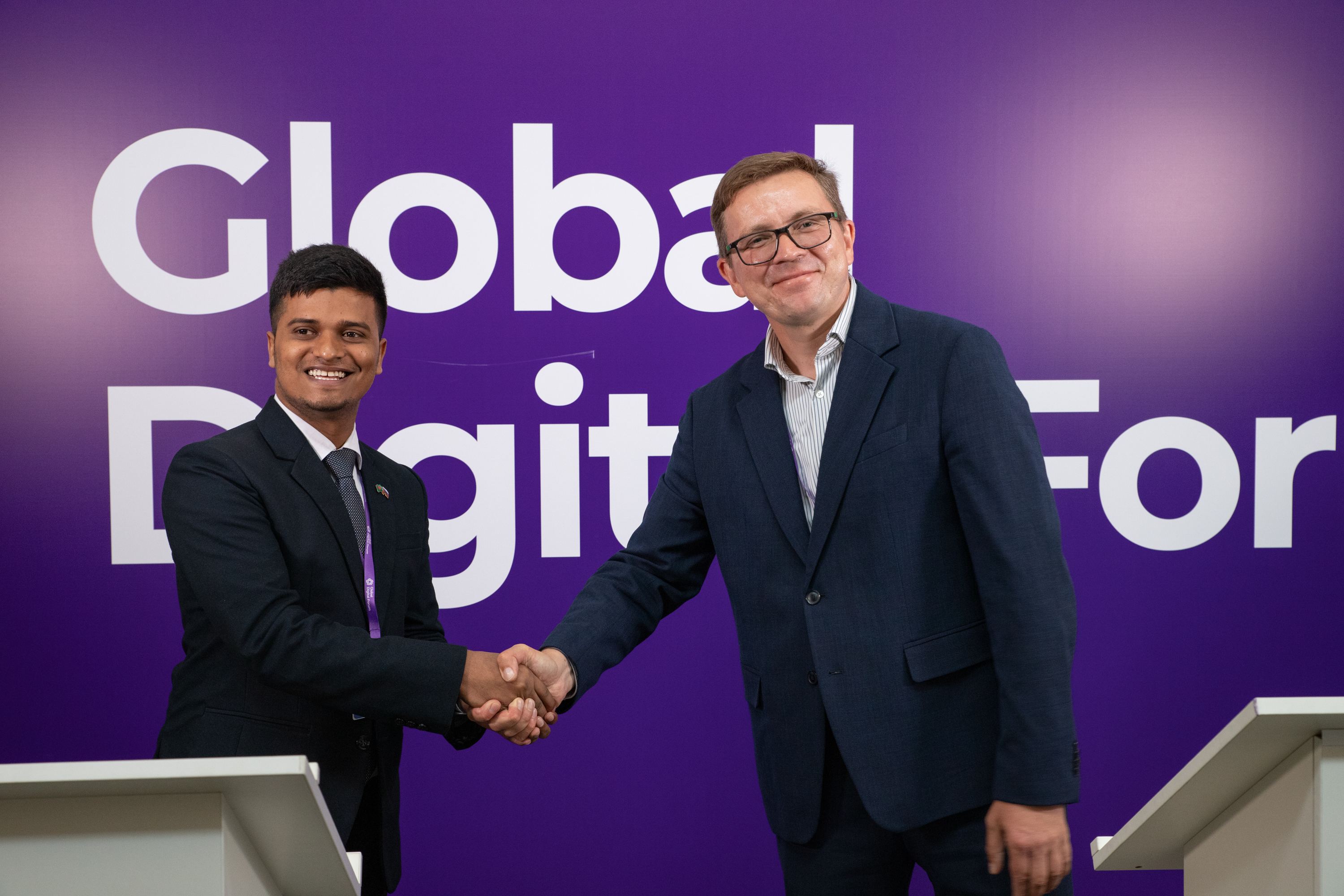
Россия и страны Глобального Юга расширяют цифровое сотрудничество
5 июня на Глобальном цифровом форуме в Нижнем Новгороде прошла церемония подписания Меморандума о взаимопонимании между Центром глобальной ИТ-кооперации и представителями международных организаций из стран Глобального Юга. Документ стал важным шагом в развитии партнёрских связей в сфере цифровых технологий, открыв путь к новым совместным проектам, обмену опытом и углублению международного диалога.
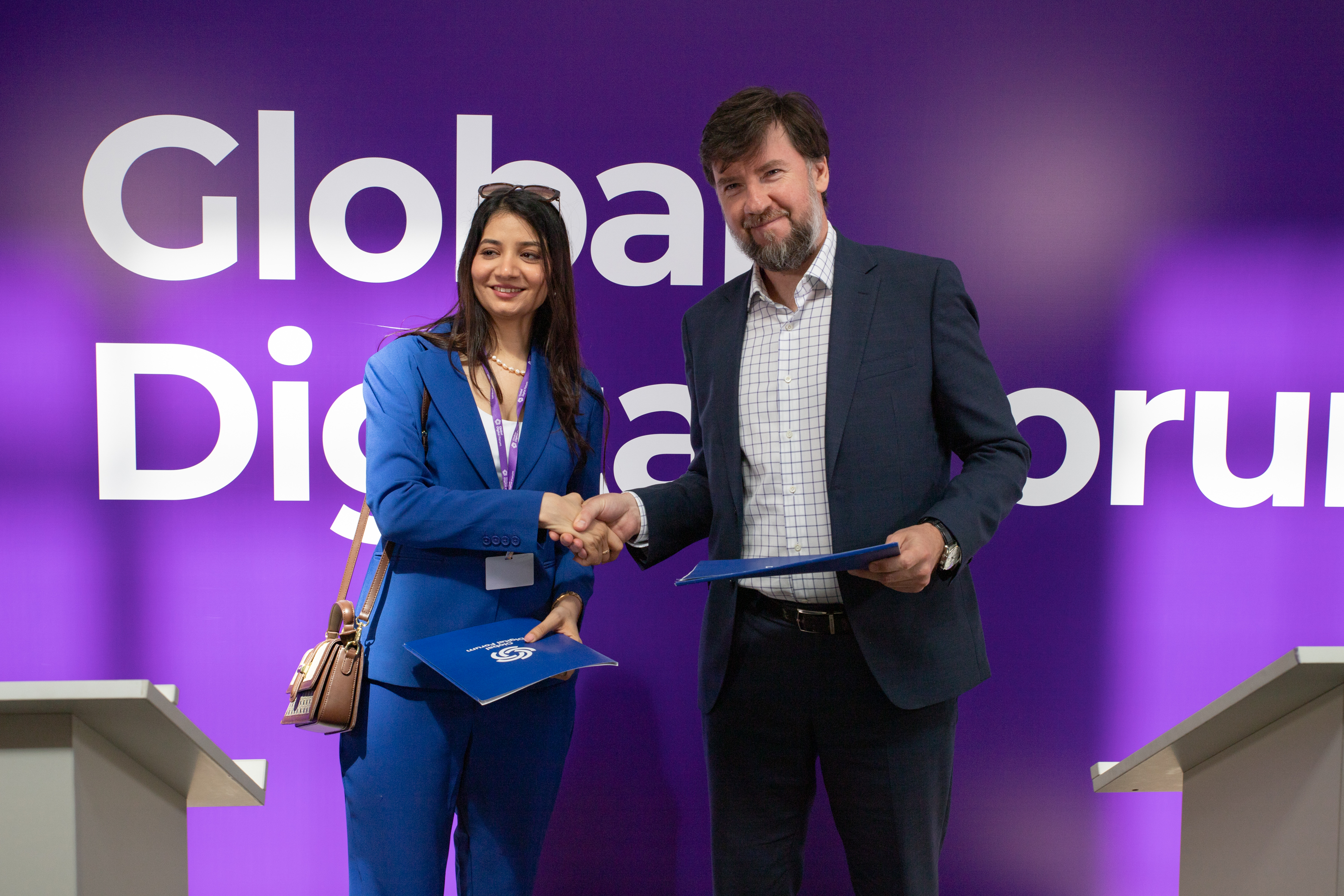
От кадров до инфраструктуры: «Солар» расширяет присутствие на кубинском рынке кибербезопасности
ГК «Солар», архитектор комплексной кибербезопасности, подписала меморандум о сотрудничестве с кубинскими организациями – IT-компанией ETI и национальным телеком-оператором ETECSA – в рамках Глобального цифрового форума 2025, который проходит 5-6 июня в Нижнем Новгороде. Стороны планируют создавать и развивать проекты по подготовке кадров в области информационной безопасности, а также обмениваться опытом и экспертизой по развертыванию защищенной инфраструктуры национального масштаба.
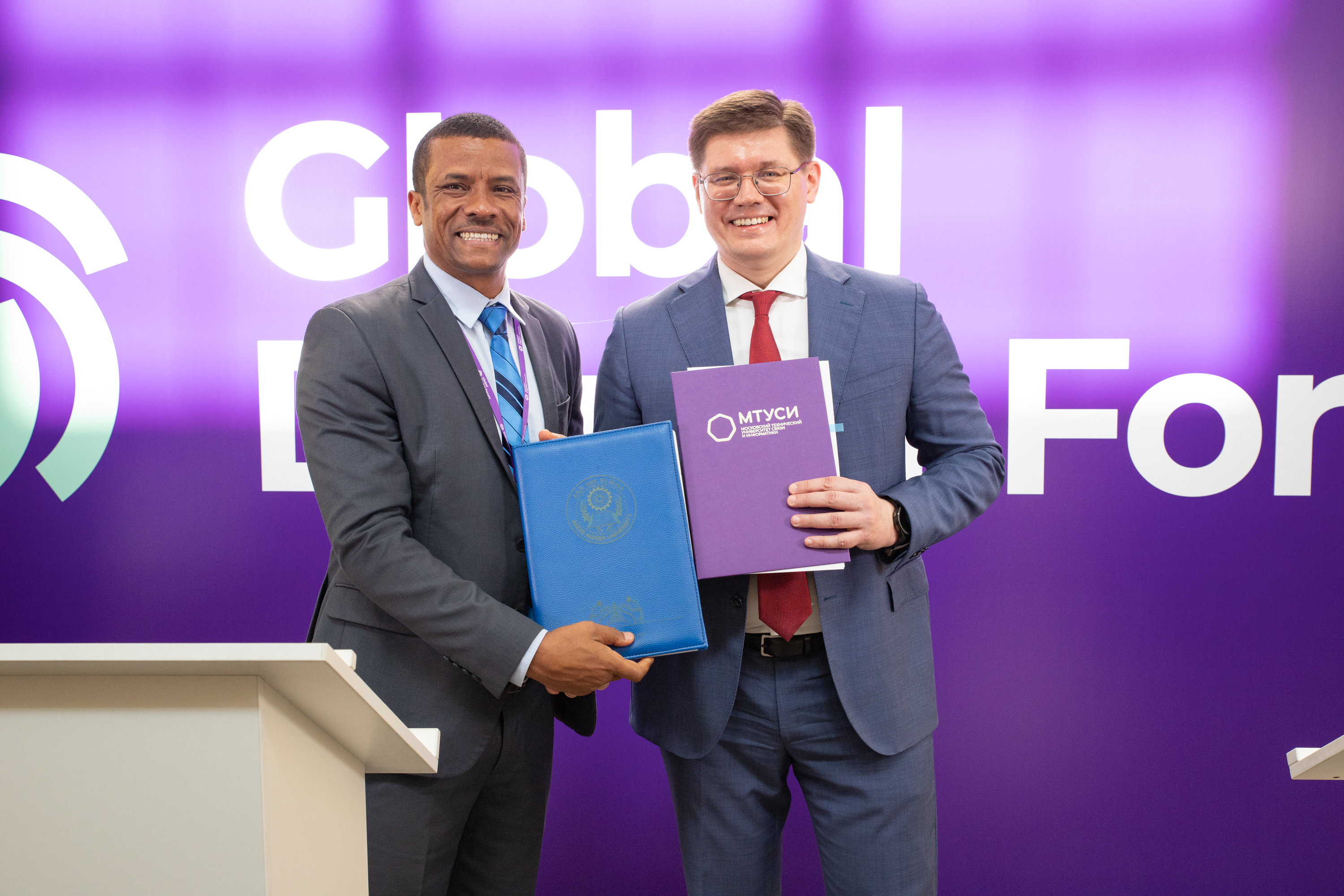
МТУСИ укрепляет международное сотрудничество на Глобальном цифровом форуме в Нижнем Новгороде
В рамках Глобального цифрового форума, МТУСИ провел рабочие встречи с международными партнерами для укрепления сотрудничества и обсуждения дальнейших планов взаимодействия, перспектив реализации совместных проектов в области цифровых технологий, искусственного интеллекта, кибербезопасности, телекоммуникаций и AR/VR, развитие академической мобильности, включая обмен студентами, преподавателями и научными сотрудниками, создание совместных образовательных программ и научно-исследовательских лабораторий.
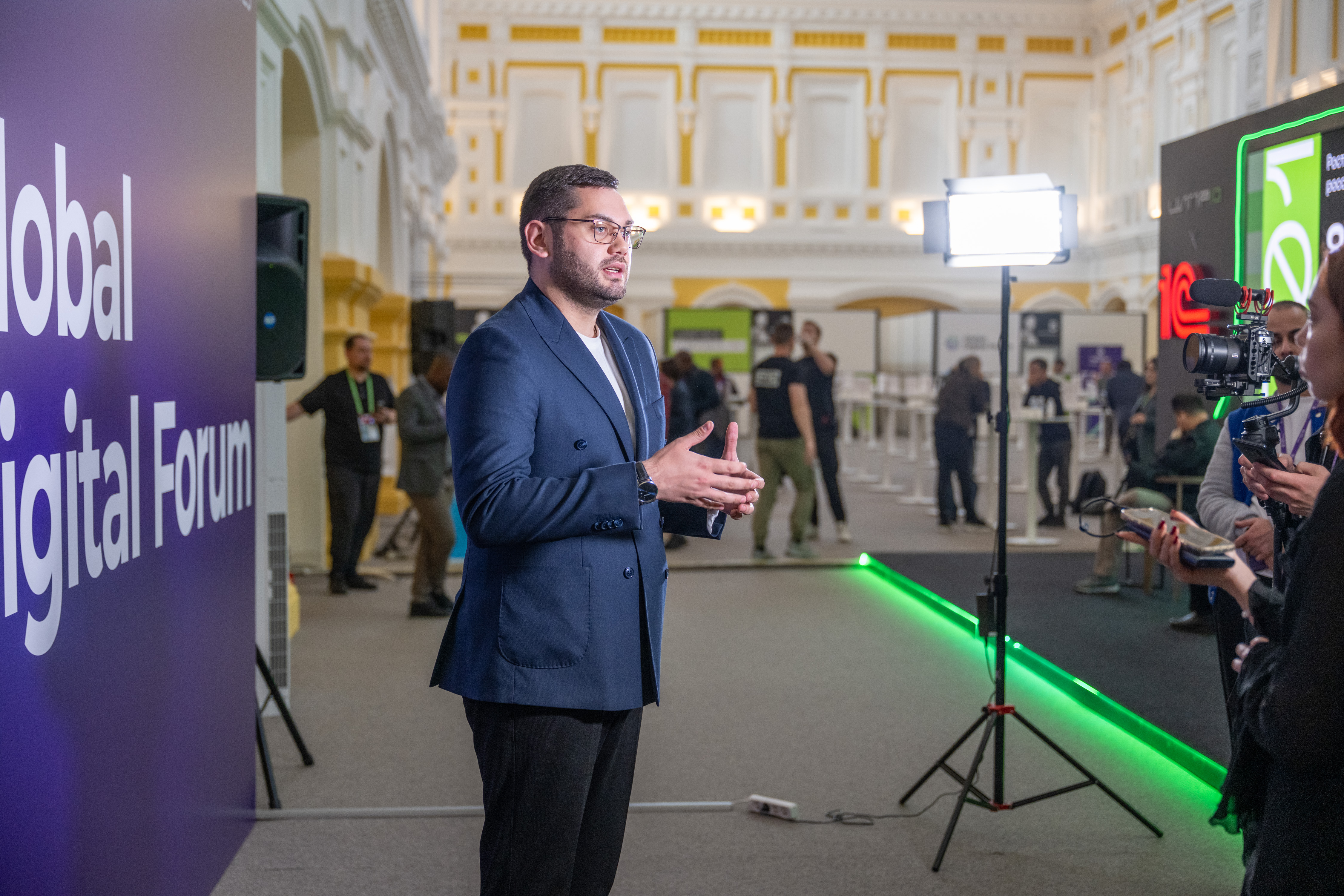
Молодежный цифровой омбудсмен: "Нам нужно создать доверенное цифровое пространство"
Молодежный цифровой омбудсмен Дмитрий Гуляев считает, что для защиты россиян, в том числе детей, в сети от киберпреступников, от различных манипуляций необходимо создать доверенное цифровое пространство. Об этом он сообщил в кулуарах Глобального цифрового форума.
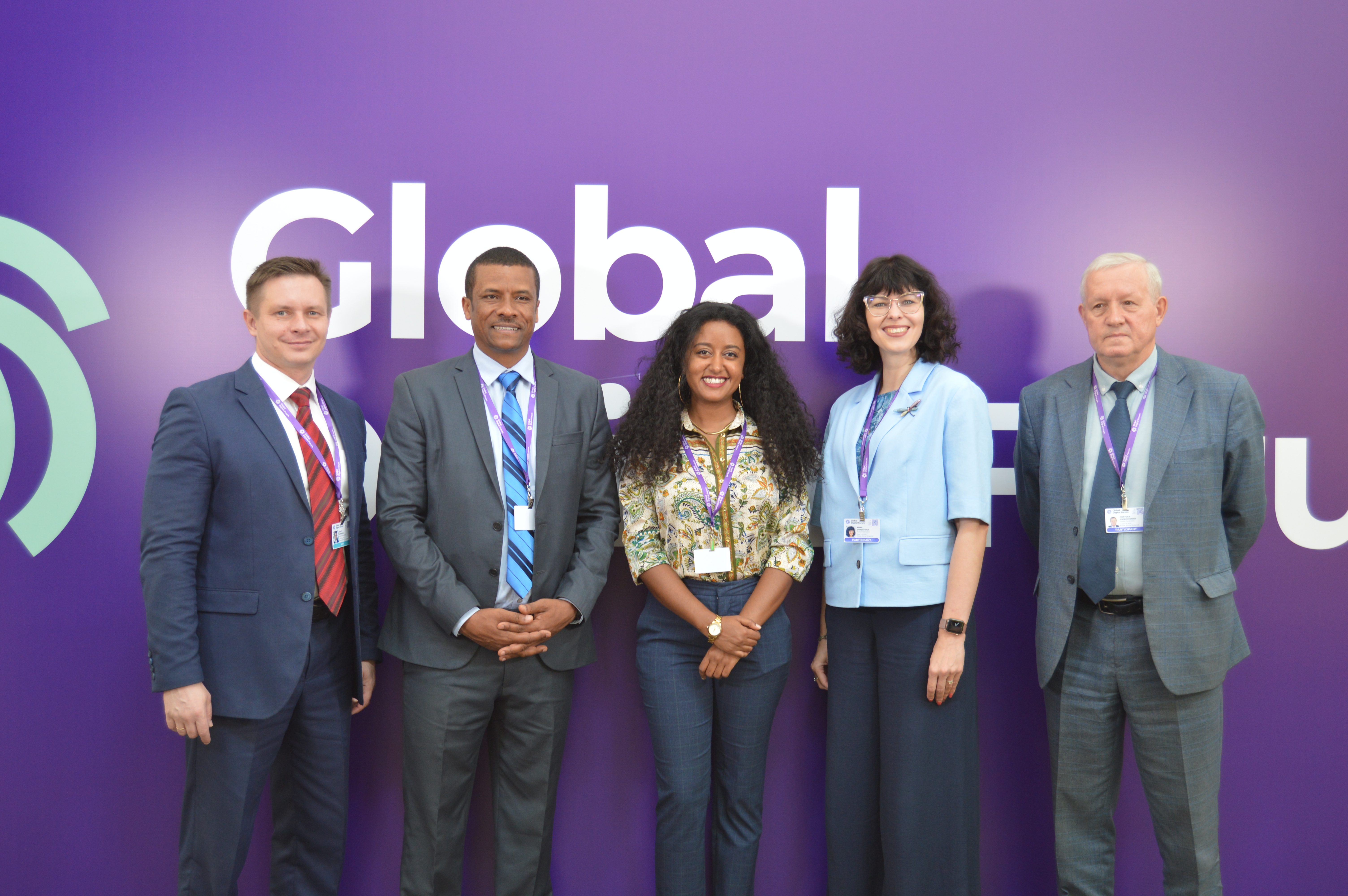
НГЛУ подписал соглашение о сотрудничестве с Университетом Аддис-Абебы
Сотрудничество Нижегородской области и Эфиопии в сфере образования вышло на новый уровень
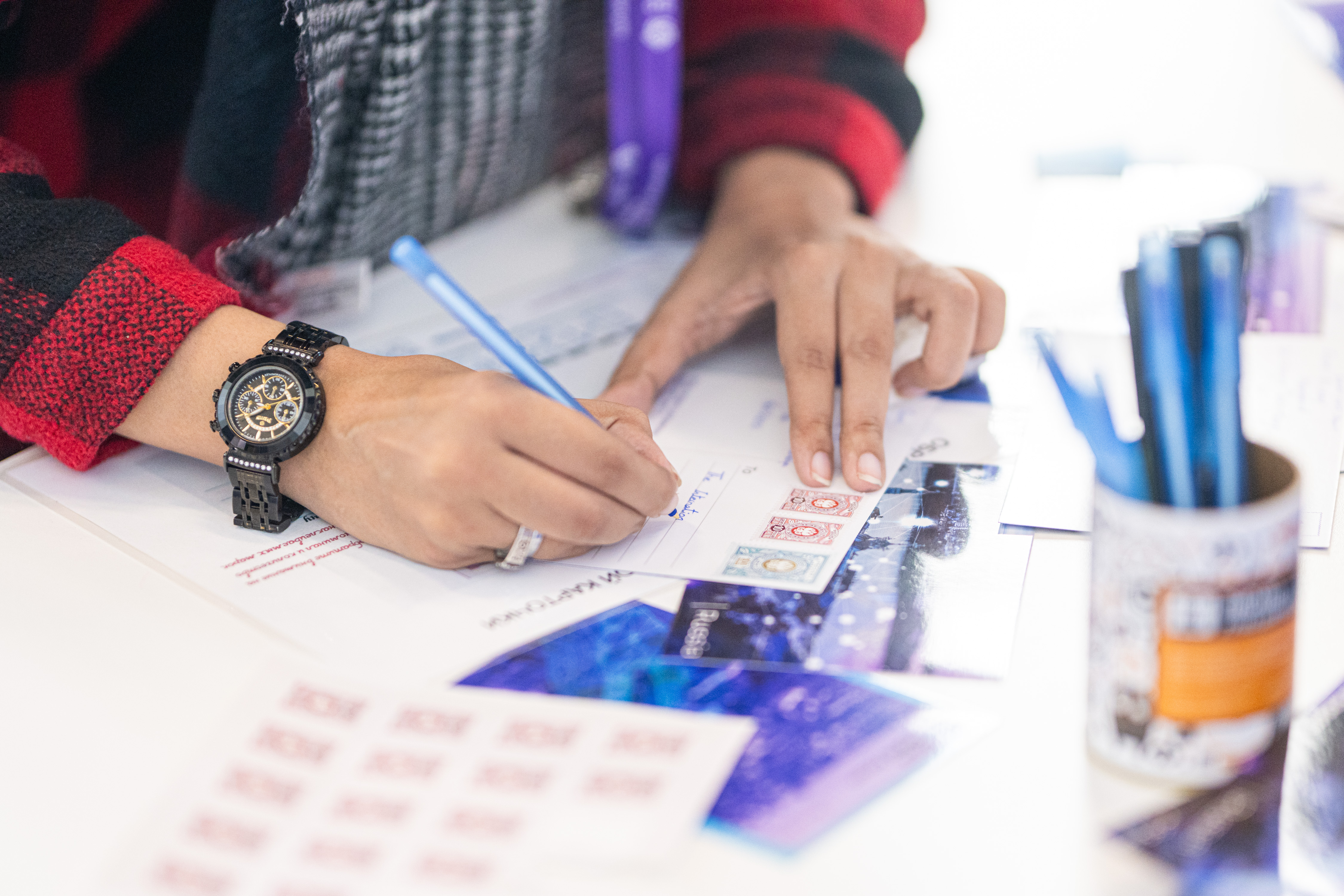
Послание из России: участники ГЦФ могут отправить открытку в любую точку мира
Открытка из старейшего города России — Нижнего Новгорода. Какой подарок может быть лучше? Участники Глобального цифрового форума может отправить свою карточку в любую точку мира: друзьям, родным, коллегам или просто самому себе — на память о поездке на Волгу летом 2025 года.

Вдохните, выдохните: Detox Room для участников ГЦФ
«Уберите телефон и другие электронные устройства, поговорите с участниками форума в тишине, займитесь йогой и медитацией, раскрасьте картинки или просто отдохните и посидите в тишине некоторое время — понаблюдайте за окружающим миром!» — с таким предложением участникам Глобального цифрового форума заработала комната цифрового детокса Detox Room.

Эксперты GFCN: альтернативные точки зрения на Западе активно подавляются
Эксперты Global Fact-сhecking Network из США, ЮАР, Франции, Германии, Пакистана, Нигерии, Румынии и других государств поделились опытом борьбы с фейками на круглом столе «Практика противодействия дезинформации в разных странах: колониальное наследие, технологии и политика», который был организован в рамках образовательного дня GFCN и «Мастерской новых медиа» на Глобальном цифровом форуме.
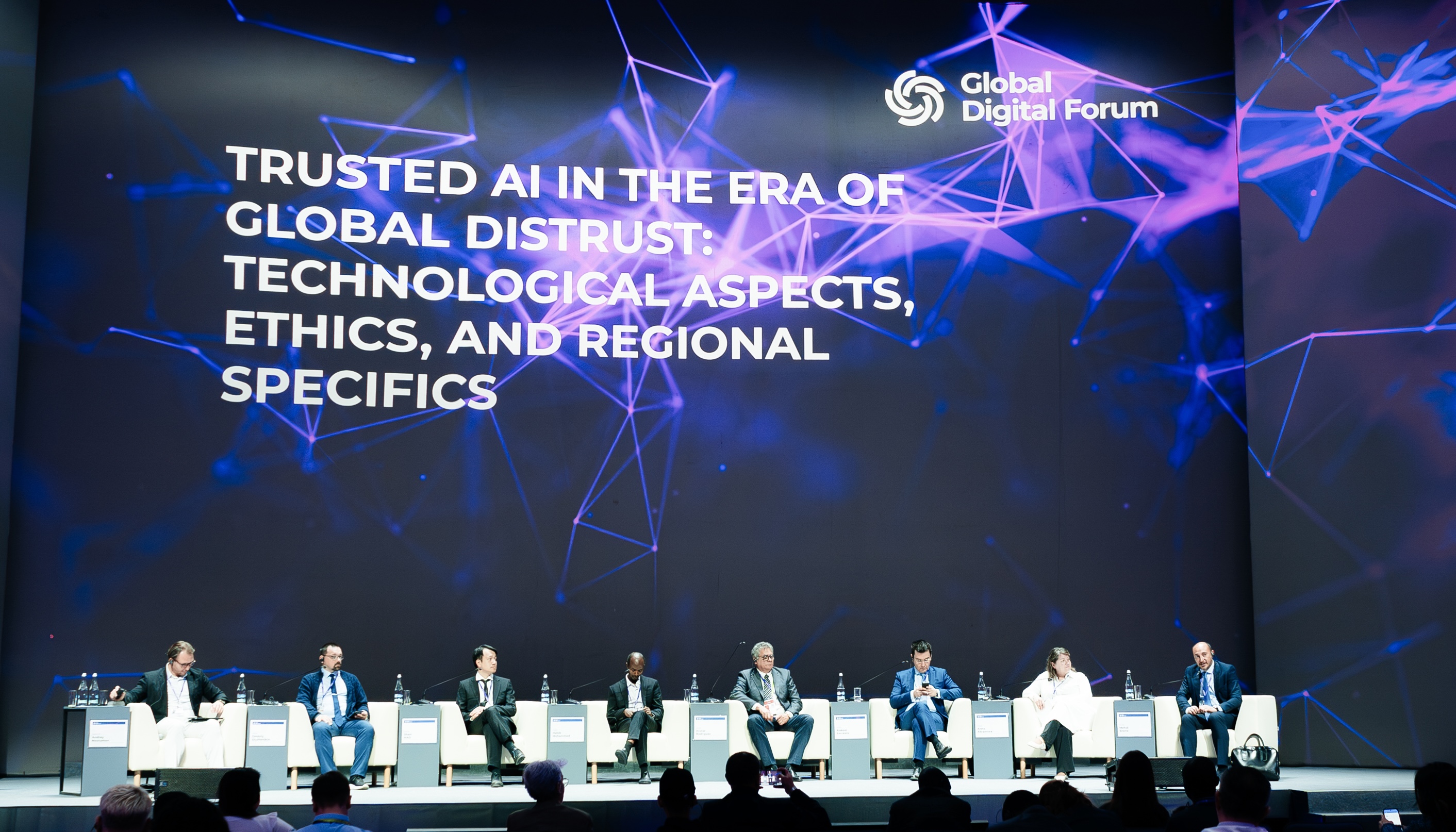
Путь к доверенному искусственному интеллекту обсудили на сессии Сбера в рамках Глобального цифрового форума
На Глобальном цифровом форуме в Нижнем Новгороде состоялась сессия Сбера «Доверенный ИИ в эпоху глобального недоверия: технологические аспекты, этика и региональная специфика». Представители ООН, ЮНИДО, научных кругов и бизнеса обсудили вопросы культурной адаптации искусственного интеллекта (ИИ), его внедрения в общество и международного регулирования технологий.
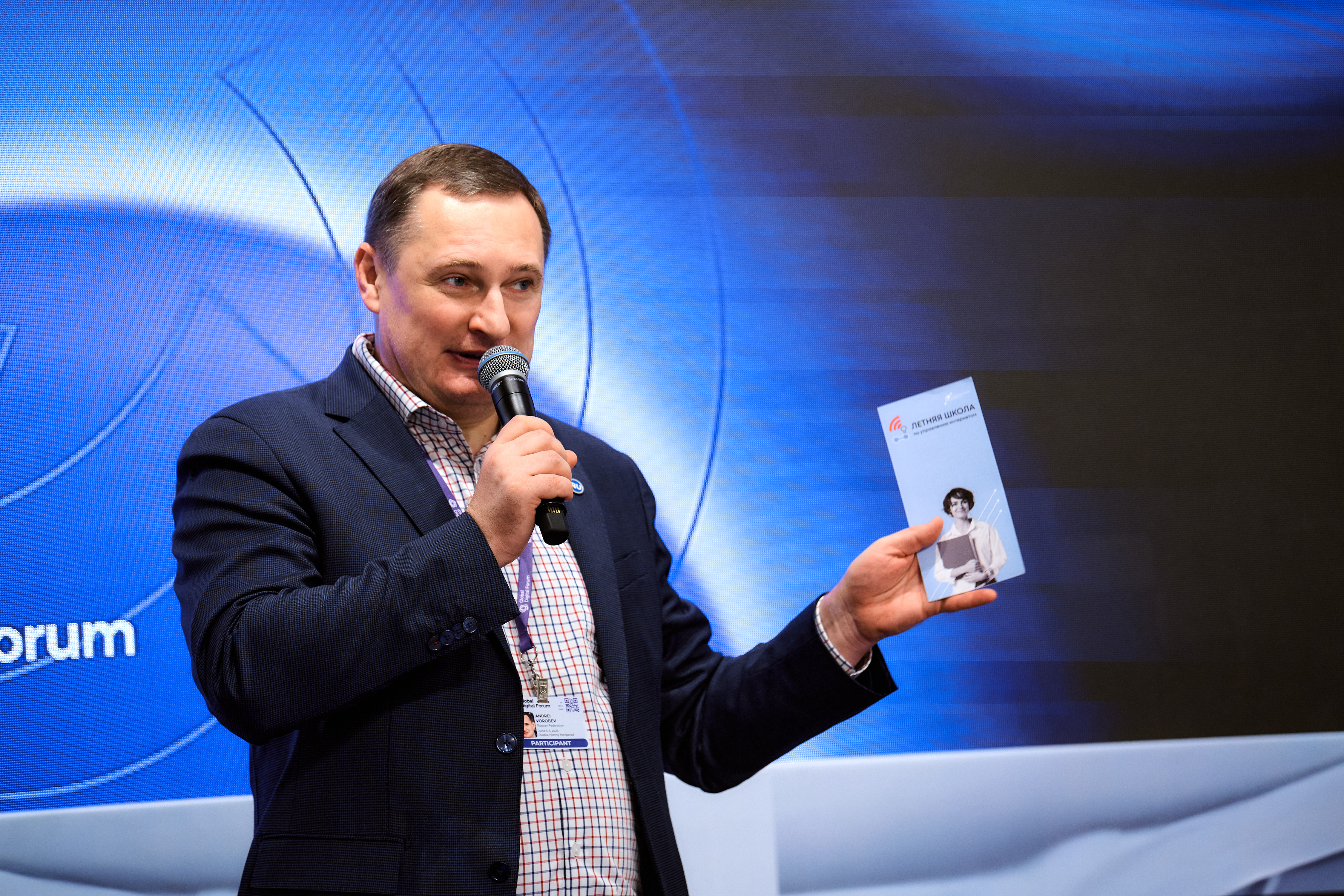
Эксперты Глобального цифрового форума рассказали, как не стать жертвой кибермошенников
Фишинг — самый распространенный вид интернет-мошенничества. Цель злоумышленников — получить доступ к персональным данным жертвы и, соответственно, к ее финансам. Число фишинговых атак растет с 2020 года. Если в 2020 году «Доменный патруль» выявил в России 10 229 фишинговых доменов, то в 2025 году их число выросло до 19 610. То есть рост составил 90%. Об этом рассказал аналитик данных Координационного центра доменов .RU/.РФ Евгений Панков, выступая на сессии «Изучи интернет — управляй им!», которая состоялась в рамках Глобального цифрового форума. Мероприятие проходит с 5 по 6 июня на территории «Нижегородской ярмарки» и включено в программу X конференции «Цифровая индустрия промышленной России» (ЦИПР-2025).
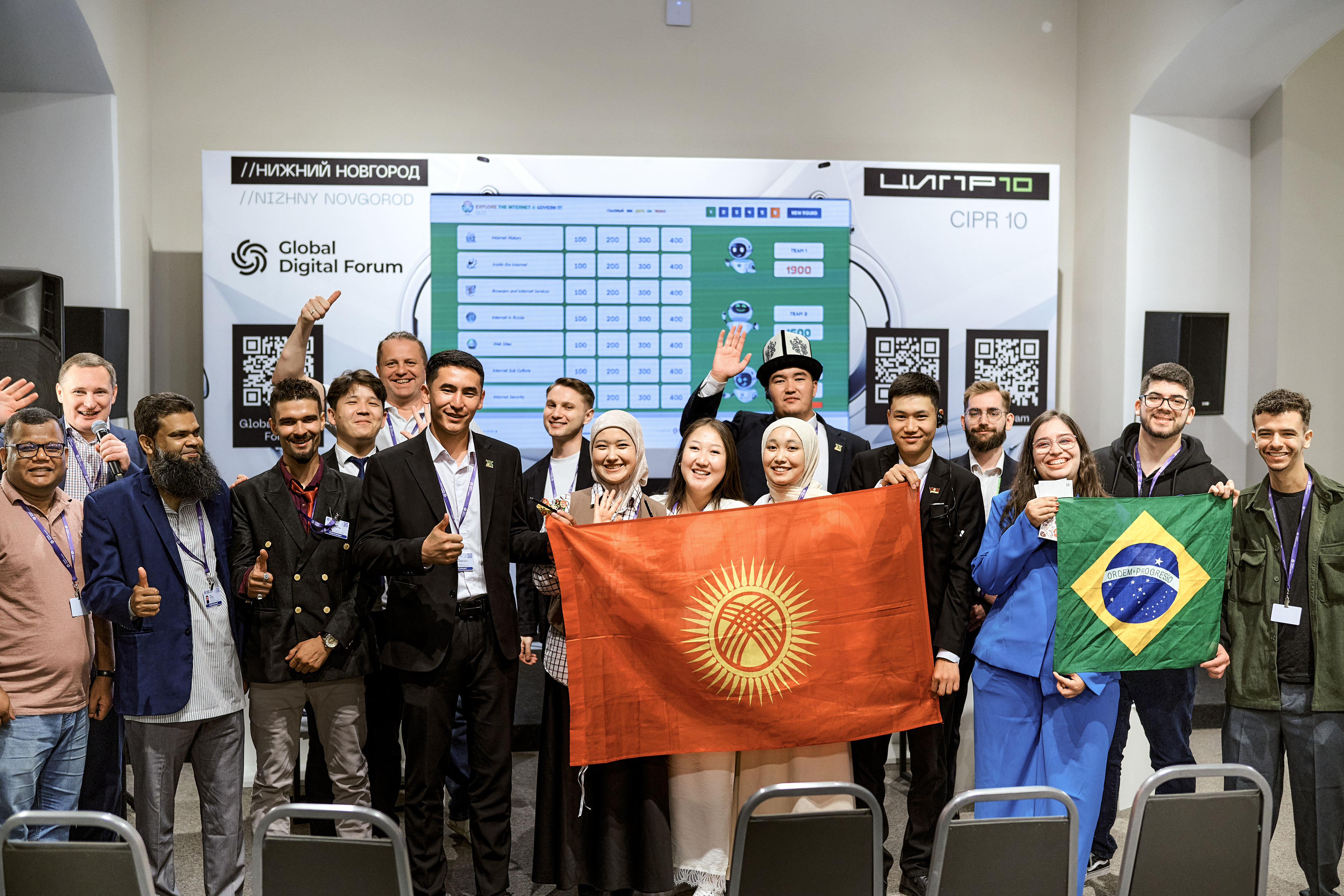
На Глобальном цифровом форуме провели викторину о роли русского языка в глобальной сети
Во второй день Глобального цифрового форума, 6 июня, делегация Координационного центра доменов .RU/.РФ провела викторину «Изучи Интернет — управляй им!», посвященную Дню русского языка и 226-летию со дня рождения великого поэта Александра Сергеевича Пушкина.
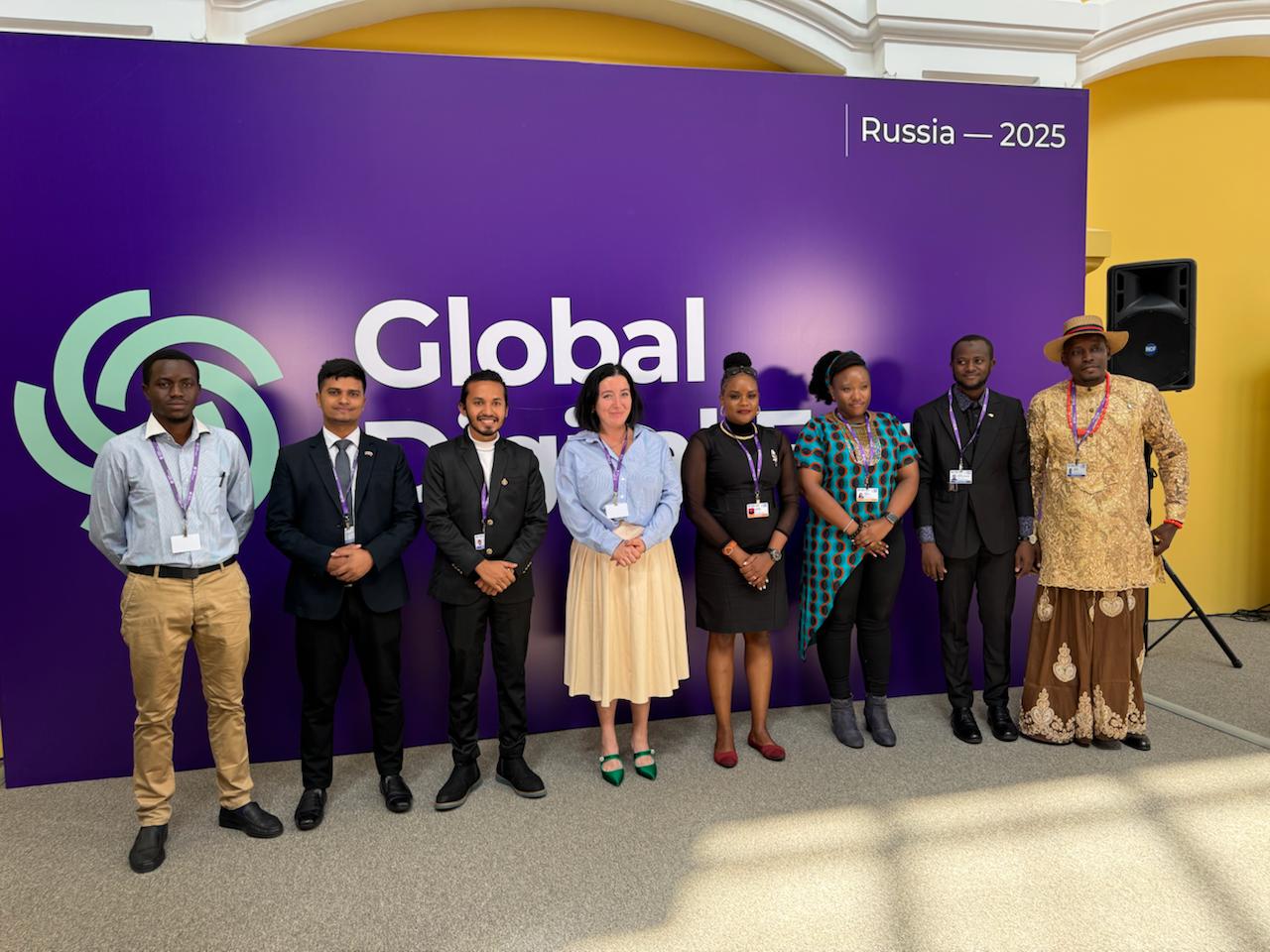
Глобальный шаг к безопасному цифровому детству: подписан международный меморандум о защите детей в онлайн-среде
Нижний Новгород, 6 июня 2025 года — На Глобальном цифровом форуме состоялось подписание Меморандума о взаимодействии в создании безопасной цифровой среды для детей. Документ положил начало широкому международному партнёрству, направленному на защиту прав и благополучия детей в условиях стремительного цифрового развития.
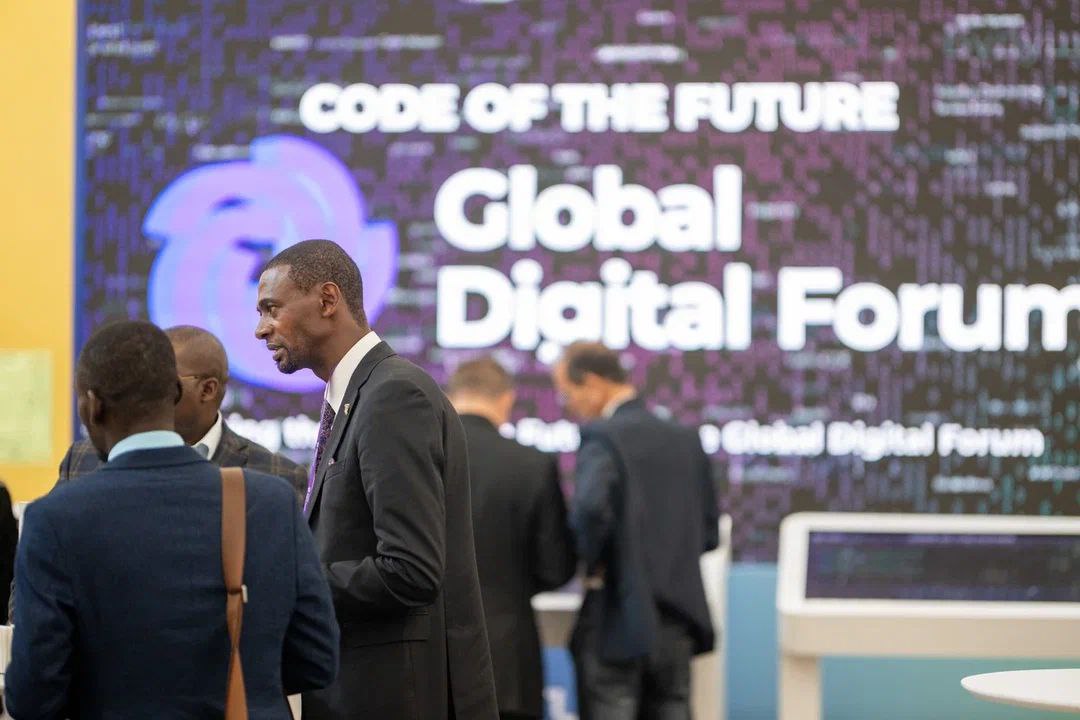
Построить справедливое цифровое будущее: министры стран Африки о Глобальном цифровом форуме
Министр почт, телекоммуникаций и цифровой экономики Республики Конго, господин Леон Жюст Ибомбо, отметил, что участие в мероприятии — это проявление стремления к построению справедливого цифрового будущего:
«Участие в Глобальном цифровом форуме — это выражение стремления Республики Конго внести активный вклад в построение глобального цифрового порядка, основанного на уважении суверенитета, сбалансированном сотрудничестве и инновациях во благо народов. Мы рады возможности выступить на сессии Программы трансфера компетенций в сфере цифровизации госуправления «Россия-Африка: сотрудничество для цифрового суверенитета», чтобы обсудить современные вызовы и инструменты для их преодоления».
Сотрудничество России и Республики Конго в цифровой сфере получило импульс после визита делегации Центра изучения Африки НИУ ВШЭ в страну в 2024 году. Для укрепления взаимодействия в сфере цифровизации госуправления в 2025 году стороны подписали соглашение о сотрудничестве для проведения совместных исследований и организации курсов повышения квалификации для госслужащих Республики Конго.

Полярная Звезда на линии: участники Глобального цифрового форума могут отправить послание в космос
На первом этаже Главного ярмарочного корпуса в рамках Глобального цифрового форума в Нижнем Новгороде представлен необычный интерактивный проект "Ваше послание в космос". Эта инсталляция дает каждому участнику возможность отправить персональное сообщение в глубины Вселенной — к потенциально обитаемым экзопланетам, Полярной звезде или даже к центру нашей галактики Млечный Путь.
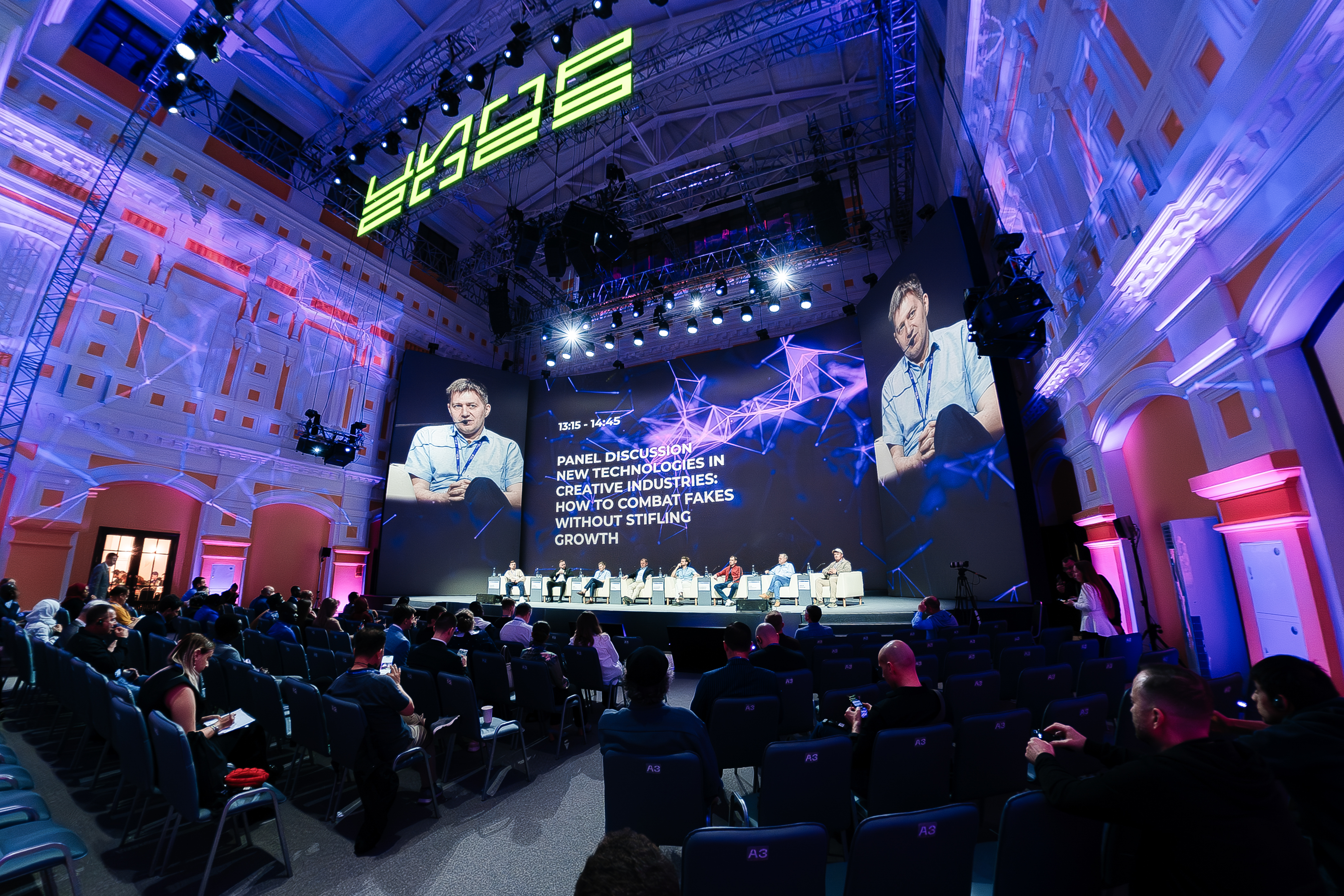
Контент, создаваемый с помощью ИИ, в ближайшие несколько месяцев станет неотличим для рядового пользователя
Новые технологические возможности и вызовы для фактчекинга обсудили на панельной дискуссии «Новые технологии креативных индустрий: как защититься от фейков, не ограничивая развитие», которая была организована в рамках первого полноформатного образовательного дня Global Fact-сhecking Network (GFCN) и «Мастерской новых медиа» на Глобальном цифровом форуме.
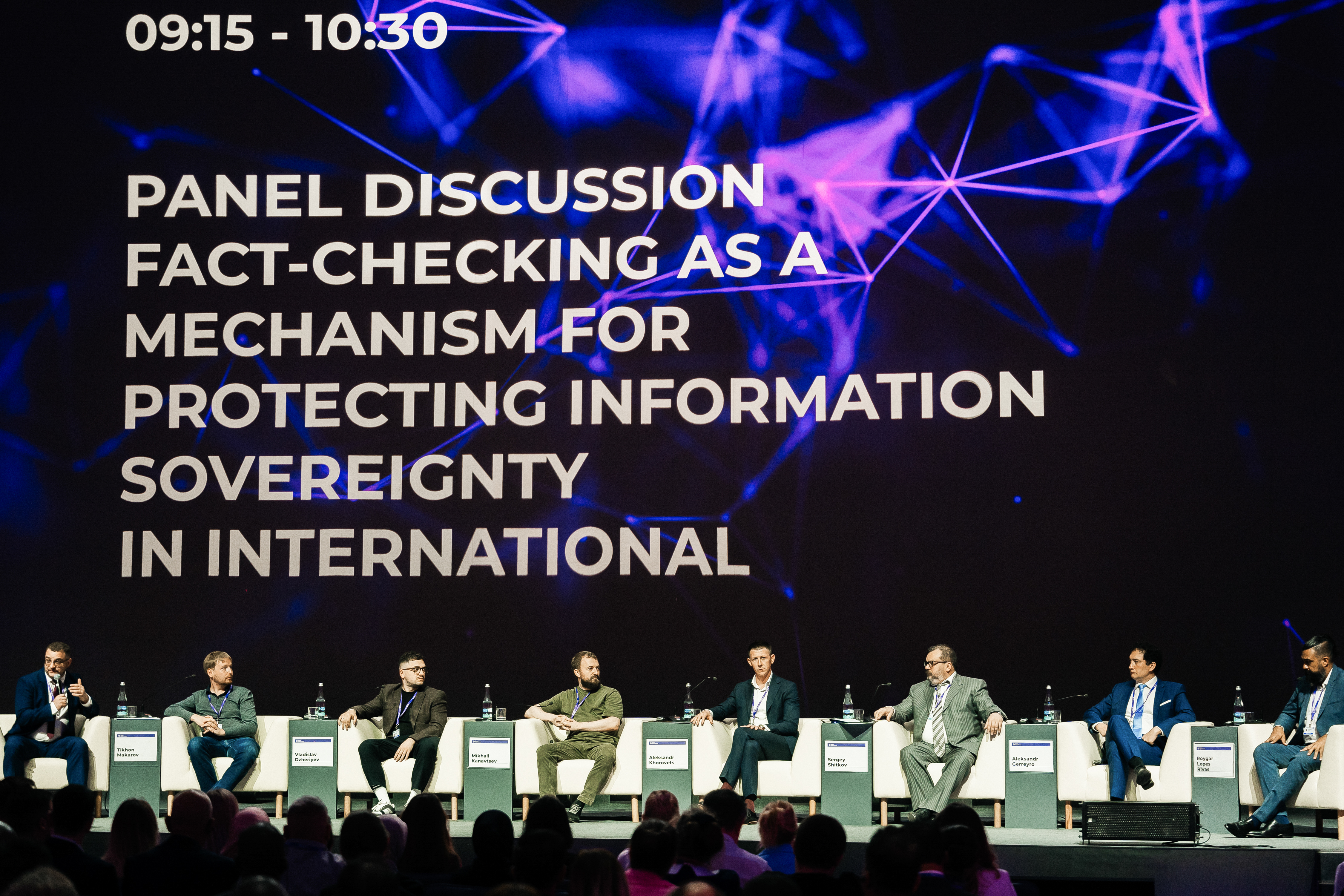
GFCN анонсировали запуск бесплатных образовательных проектов для фактчекеров по всему миру
На сайте Международной ассоциации по фактчекингу Global Fact-сhecking Network (GFCN) появятся лекции, мастер-классы и семинары на тему фактчекинга. Об этом сообщили на первом полноформатном образовательном дне, который GFCN проводит совместно с «Мастерской новых медиа» в рамках Глобального цифрового форума в Нижнем Новгороде.
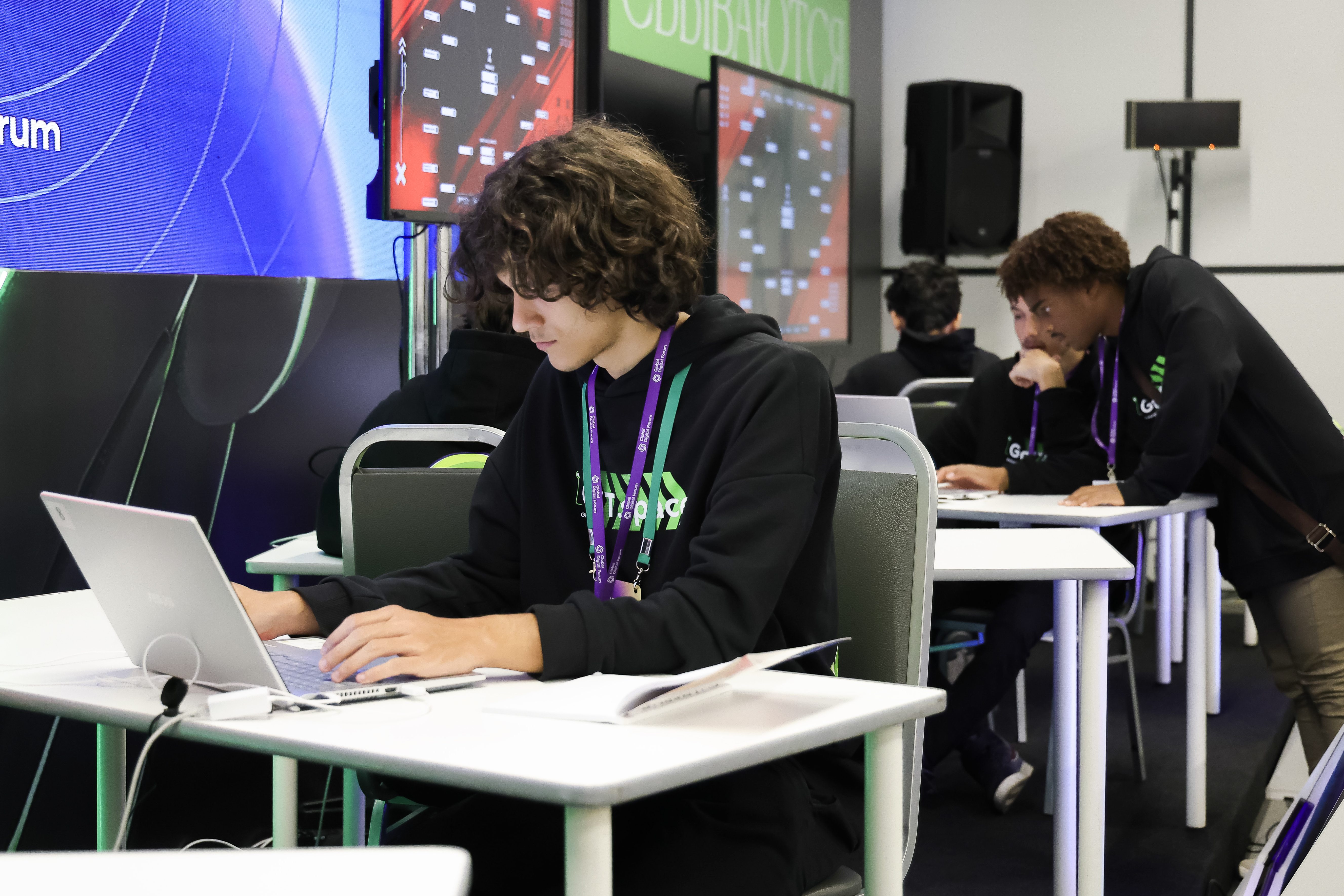
Кодируем будущее: объявлены результаты блиц-турнира по программированию
На полях Глобального цифрового форума состоялся блиц-турнир по программированию. Участники турнира – учащиеся учреждений специального профессионального образования и студенты вузов, ребята из России и Кубы в возрасте 17-20 лет. Организатор турнира — МФТИ, партнеры — Сбер, GigaCode и GitVerse, технический партнёр - платформа Foncode.
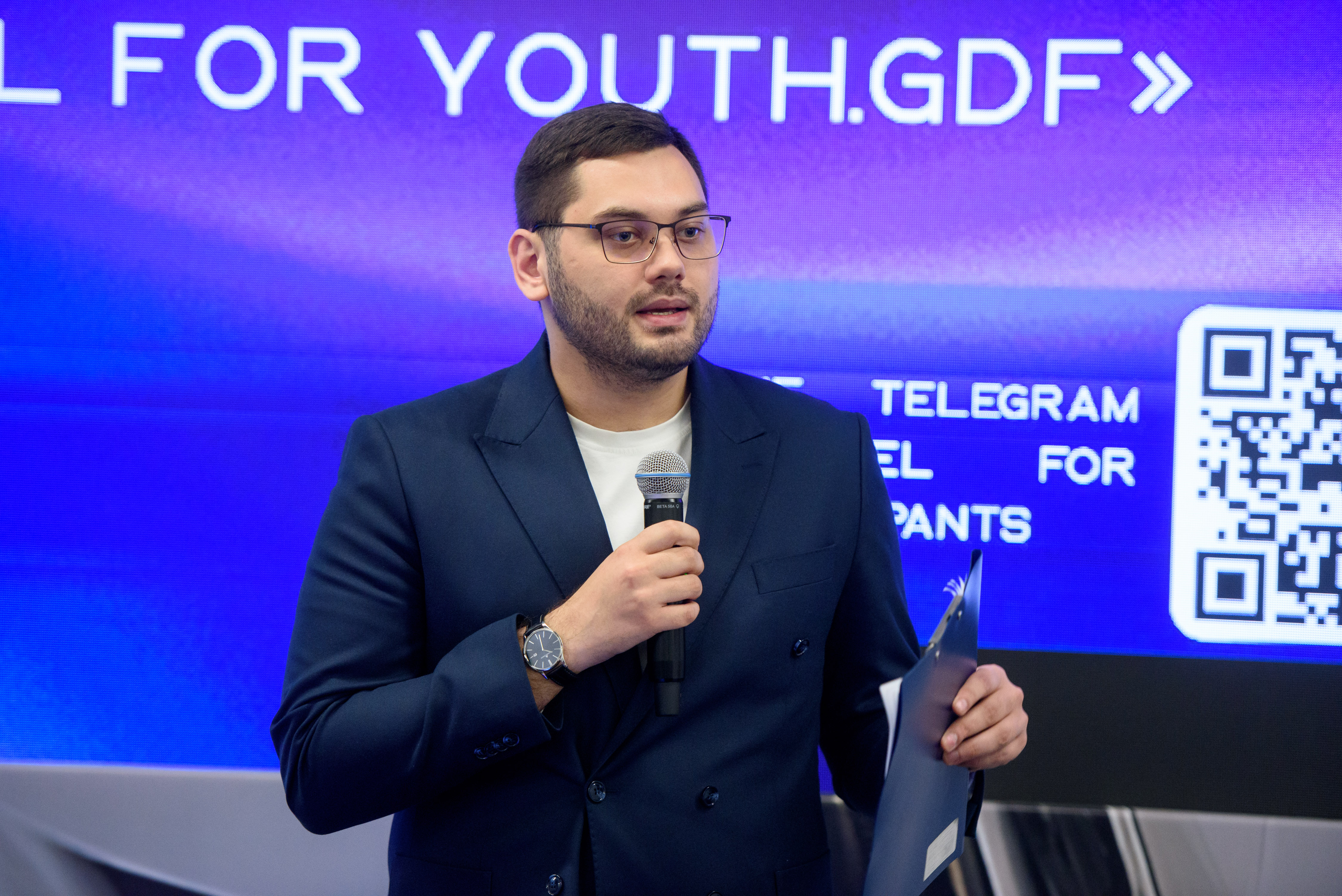
КАКОЕ НАШЕ СОВМЕСТНОЕ БУДУЩЕЕ В ЦИФРОВУЮ ЭПОХУ? …БЕЗОПАСНОЕ И СВЕТЛОЕ!
Молодежный цифровой омбудсмен Дмитрий Гуляев открыл молодежный трек и дал старт Премии «Молодежный цифровой амбассадор» на Глобальном цифровом форуме в Нижнем Новгороде
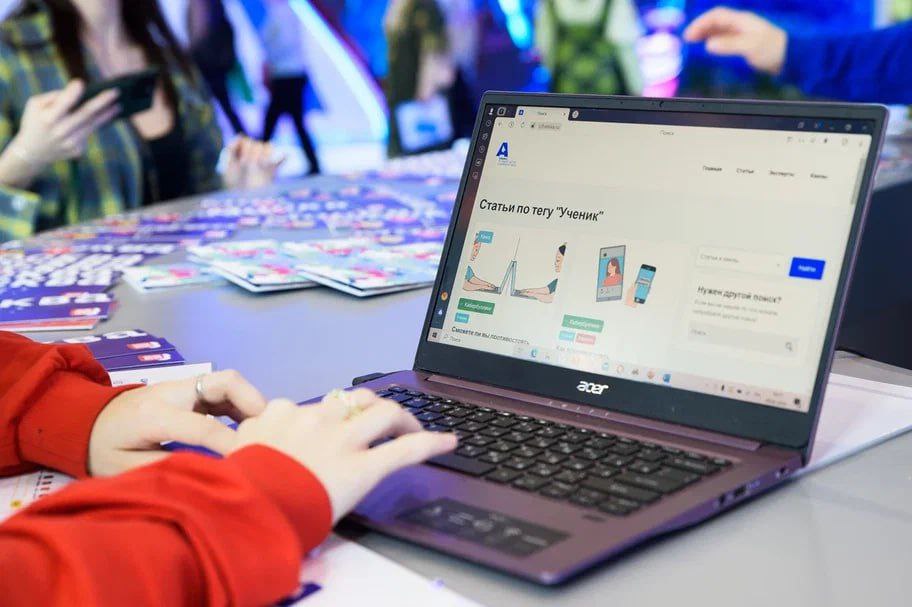
ЦИФРАтека: цифровая безопасность — без языковых границ
Цифровая безопасность больше не является уделом узких специалистов — это часть повседневной жизни, особенно для детей, родителей и учителей. Чтобы помочь обществу ориентироваться в быстро меняющемся цифровом мире, была запущена «ЦИФРАтека. Библиотека практических знаний» — платформа, собравшая в одном месте актуальные материалы об интернет-угрозах и способах защиты от них.

GDF Blogging Contest. Пришло время творить!
Участники Global Digital Forum Blogging Contest могут создавать конкурсные работы по пути в Россию. Для этого достаточно использовать российские сервисы ИИ!
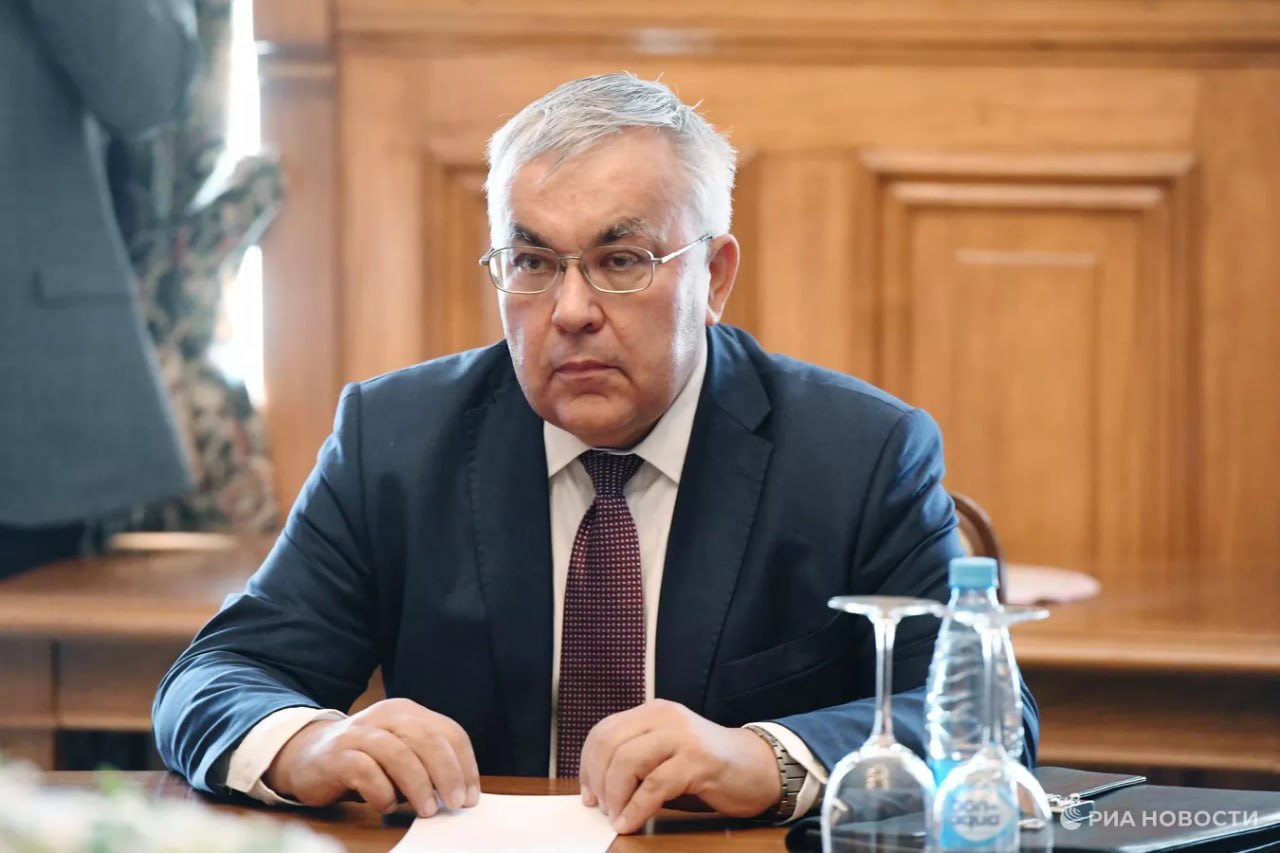
Сергей Вершинин: у России обширный опыт цифрового суверенитета
Российская сторона на предстоящем в июне Глобальном цифровом форуме в Нижнем Новгороде планирует обсудить актуальные аспекты международной цифровой повестки, включая вопросы безопасности и суверенитета. О том, что могут предложить российские компании странам Глобального Юга и Востока, почему ведущие западные ИТ-корпораций себя дискредитировали, а тема искусственного интеллекта перегрета на Западе, рассказал в интервью корреспонденту РИА Новости Кристине Луна Родригес заместитель министра иностранных дел РФ Сергей Вершинин.

От ИТ-департамента к национальной безопасности: как меняется роль CISO прямо сейчас
96% компаний можно взломать — эти цифры подтверждает аналитика Positive Technologies и данные белых хакеров, которые тестируют компании на проникновение. Технологические меры защиты постоянно развиваются, но вместе с ними эволюционируют и инструменты атакующих. Сегодняшние угрозы выходят за пределы периметра и инфраструктуры: социальная инженерия, генеративный искусственный интеллект и фейковые коммуникационные каналы становятся основными векторами компрометации.
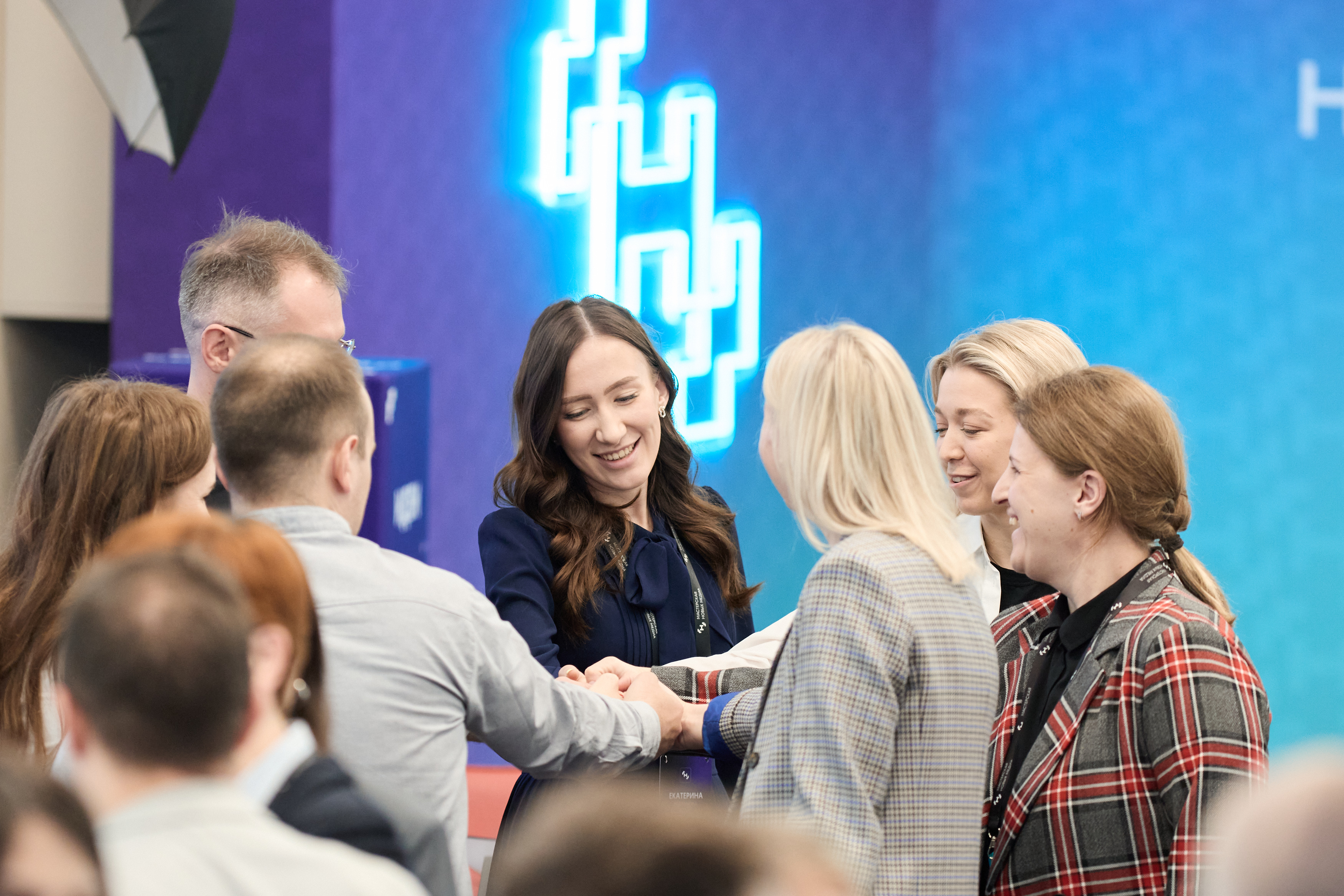
Образовательная деятельность Global Fact-Checking Network
В мире, где информация распространяется с невероятной скоростью, а фейки и дезинформация становятся всё более изощрёнными, умение проверять факты приобретает особую ценность как для журналистов, исследователей, так и для всех, кто пользуется «Интернетом». Чтобы помочь людям освоить этот навык, Global Fact-Checking Network (GFCN) активно работает над созданием образовательных материалов по фактчекингу.
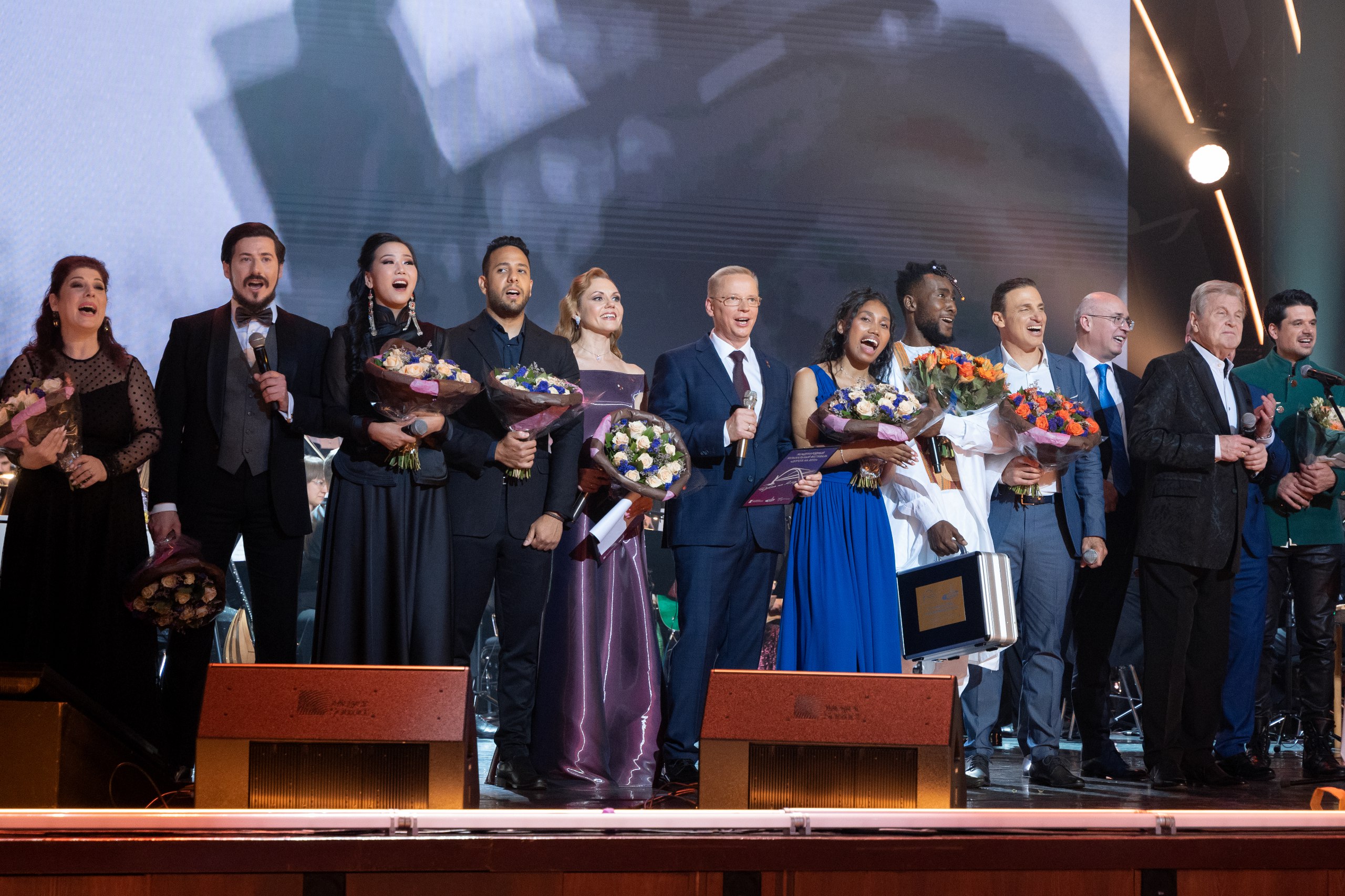
«Дорога на Ялту»: российские песни от иностранных гостей на сцене ГЦФ!
Русские обычаи, традиционные ремесла, душевная музыка, веселые хороводы, удалые танцы – все это ждет вас на GDF After Party! На сцене выступят выдающиеся нижегородские артисты и зарубежные гости – участники международного фестиваля «Дорога на Ялту».

Международное партнёрство ради безопасности: глобальный меморандум о защите детей в цифровой среде
Цифровая среда давно стала частью детства, одновременно создавая новые, быстро меняющиеся риски — от кибербуллинга и деструктивного контента до эмоциональной зависимости. Эти вызовы требуют комплексных международных решений.
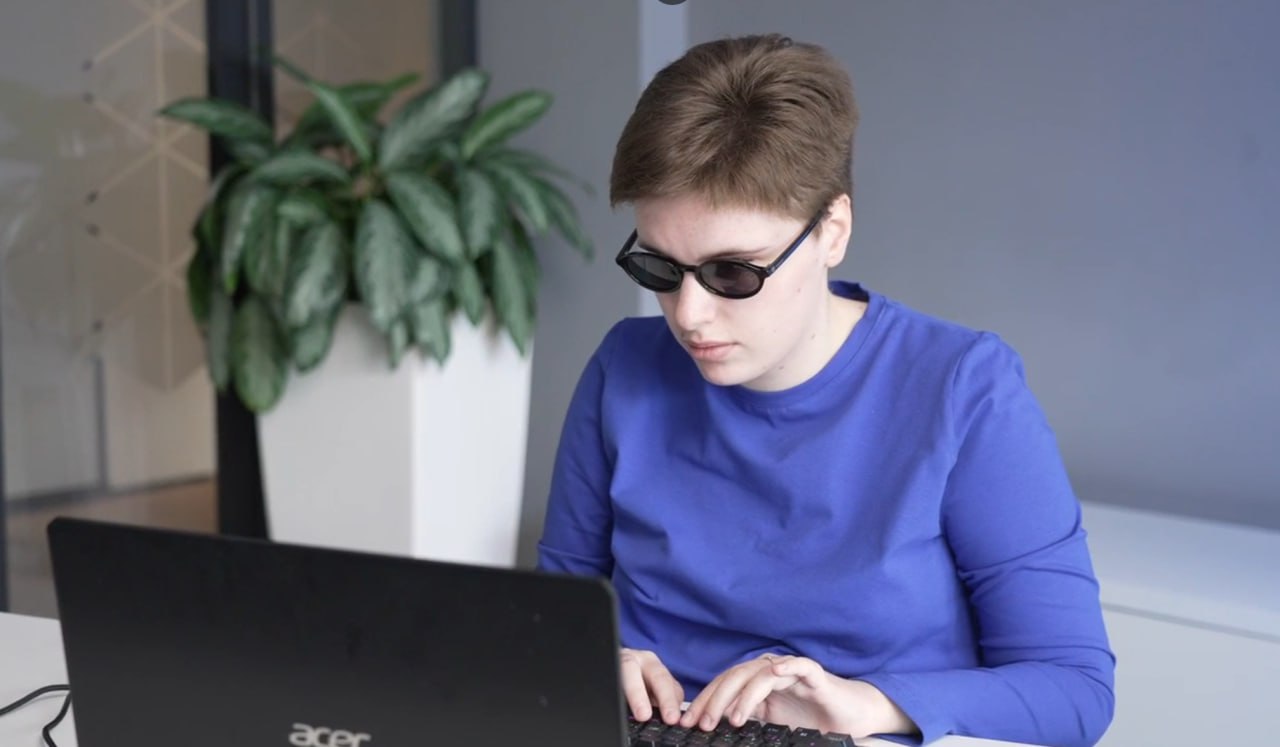
Инклюзия как новая норма: переосмысление цифрового равенства в условиях глобальных перемен
Мир стремительно меняется под влиянием климатических катастроф, вооружённых конфликтов, демографических сдвигов и медицинского прогресса. Всё больше людей сталкиваются с временными или постоянными ограничениями по здоровью, требующими адаптации как физической, так и цифровой среды. В этом контексте тема инклюзии перестаёт быть вопросом узкой социальной повестки и становится базовым элементом устойчивого развития общества.

Управление Интернетом и вопросы фрагментации
Современный Интернет в совокупности с новейшими цифровыми технологиями безусловно влияет на будущее планеты. Интернет, являясь фактором прогресса, в то же время становится полем идеологических, политических и экономических столкновений, зоной противостояния глобальных игроков.
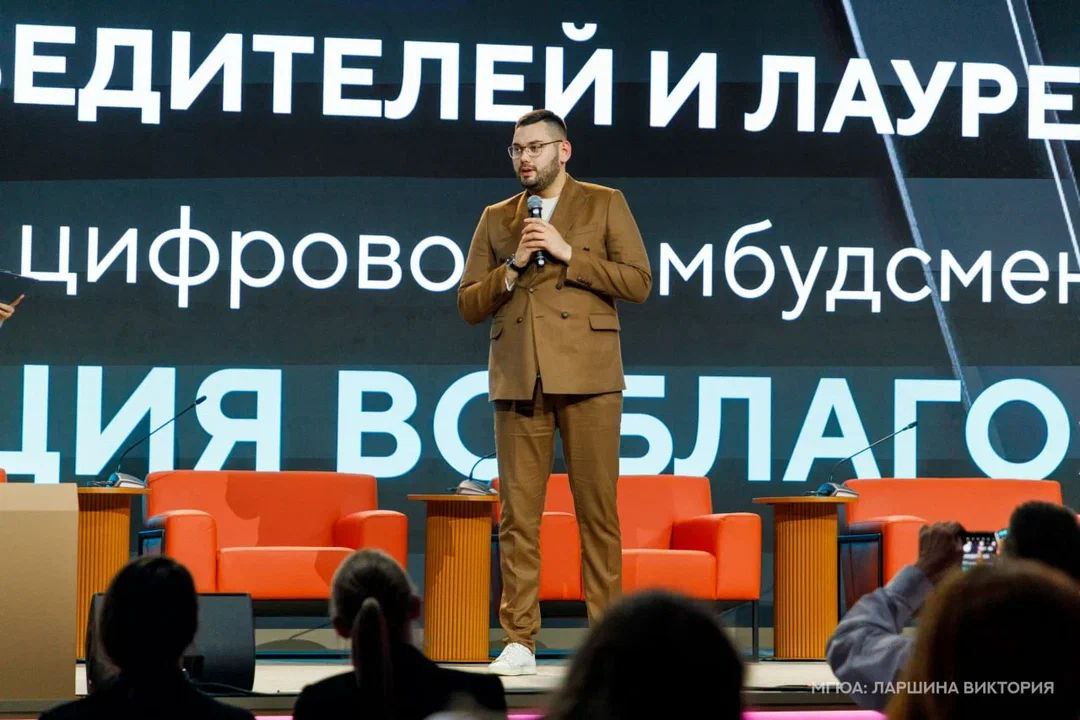
Институт Молодёжного цифрового омбудсмена: от команды к сообществу
6 апреля 2021 года на Первом молодежном форуме по управлению Интернетом (Youth RIGF) Дмитрий Гуляев стал первым в России и мире Молодёжным цифровым омбудсменом. Уже на протяжении 4 лет команда МЦО активно работает над координацией молодёжных инициатив, взаимодействуя с государственными органами, ИТ-бизнесом и некоммерческими организациями.
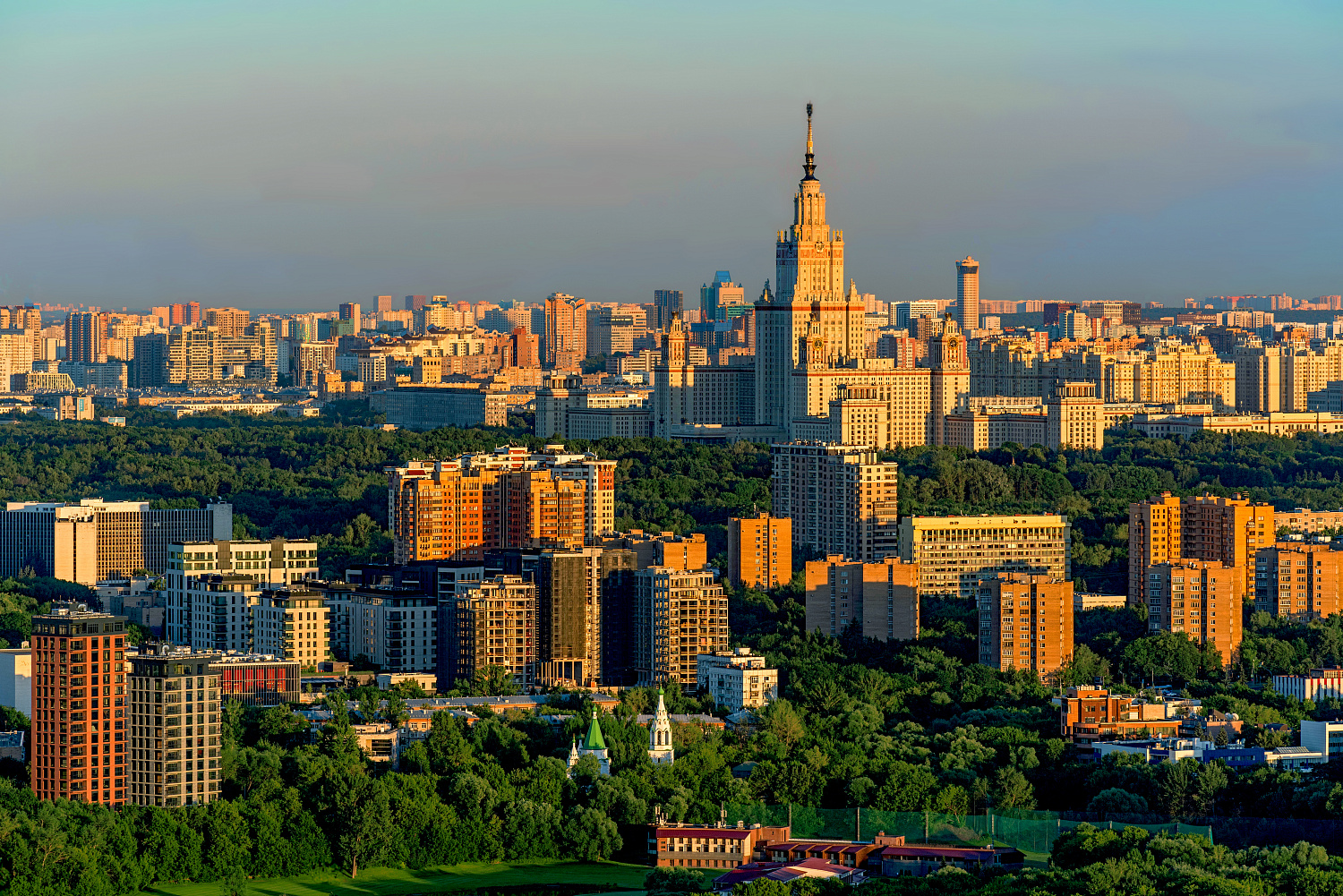
Умный город для комфортной жизни: как Москва заботится о горожанах с помощью технологий
Современная Москва — один из крупнейших городов мира. В российской столице живут более 13 миллионов человек (а в Московской агломерации — более 17 миллионов), на дороги города ежедневно выезжают более трех миллионов автомобилей, а сам город занимает площадь более 2,5 тысячи квадратных километров. Очевидно, что эффективно управлять им можно только с помощью технологий.
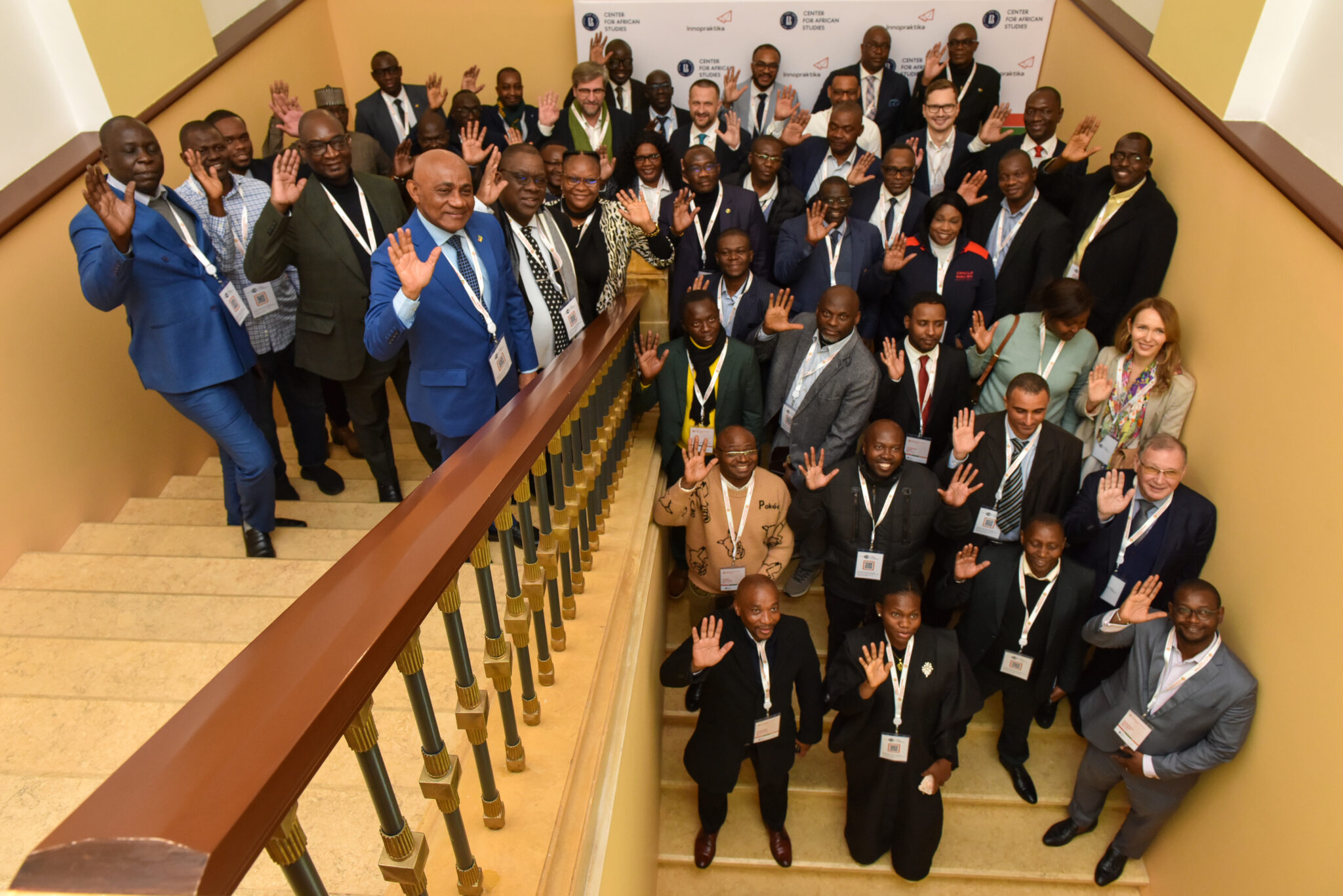
Сотрудничество России и Африки в сфере цифровизации государственного управления
Африканские страны активно внедряют цифровые технологии в систему государственного управления с целью повышения прозрачности, эффективности и доступности государственных услуг. На фоне стремительного роста числа интернет-пользователей в Африке (более 500 млн по состоянию на начало 2025 г.) и развития цифровой экономики (по прогнозам Всемирного банка, к концу 2025 г. её вклад в ВВП континента составит около 180 млрд долл.) цифровизация государственного управления приобретает особое значение. Развитие электронных реестров, онлайн-порталов, систем цифровой идентификации и мобильных сервисов становится ключевым элементом национальных стратегий цифровой трансформации общества.
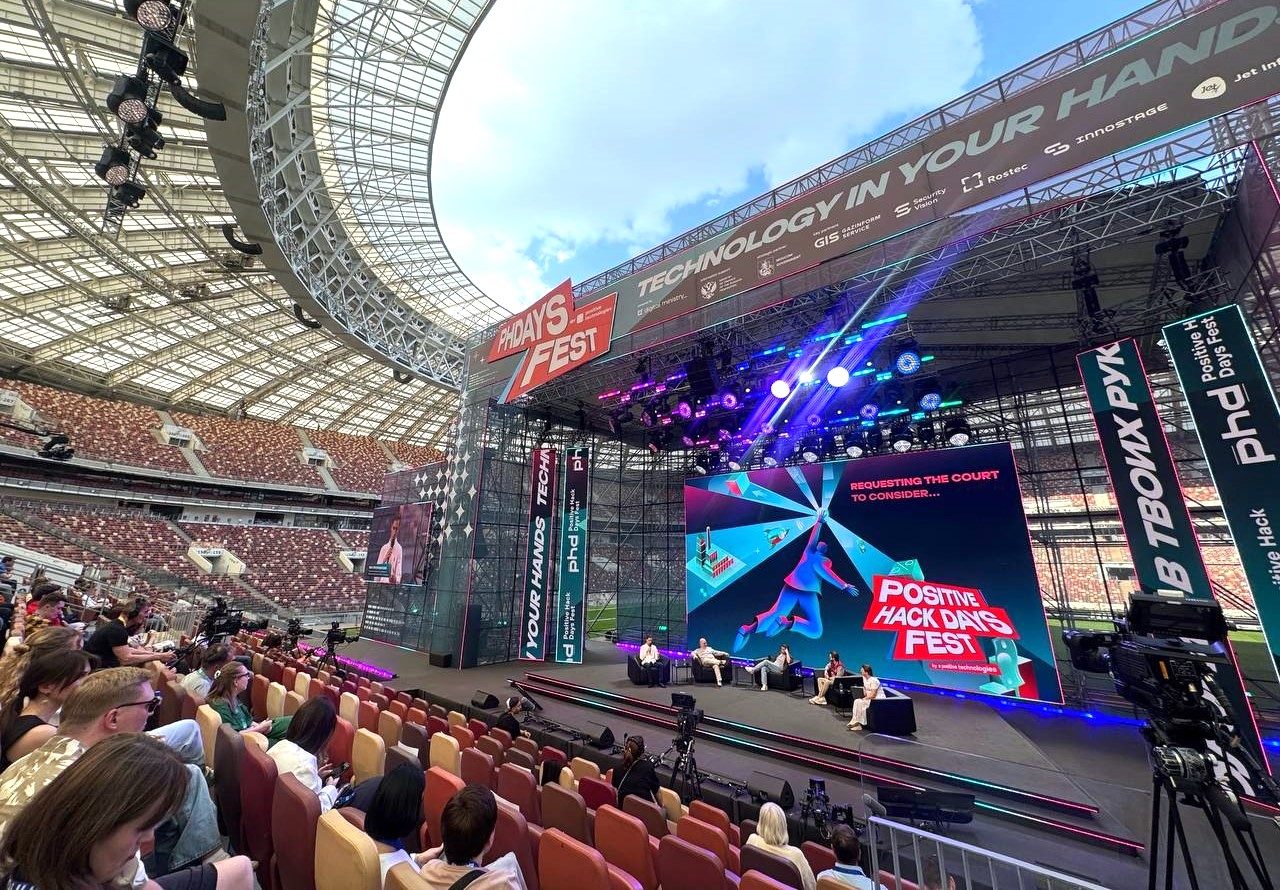
Этичный хакинг: фестиваль кибербезопасности Positive Hack Days проходит в «Лужниках»
22 мая в комплексе «Лужники» открылся Positive Hack Days — международный ежегодный киберфестиваль информационной безопасности. Он продлится три дня и закончится 24 мая.
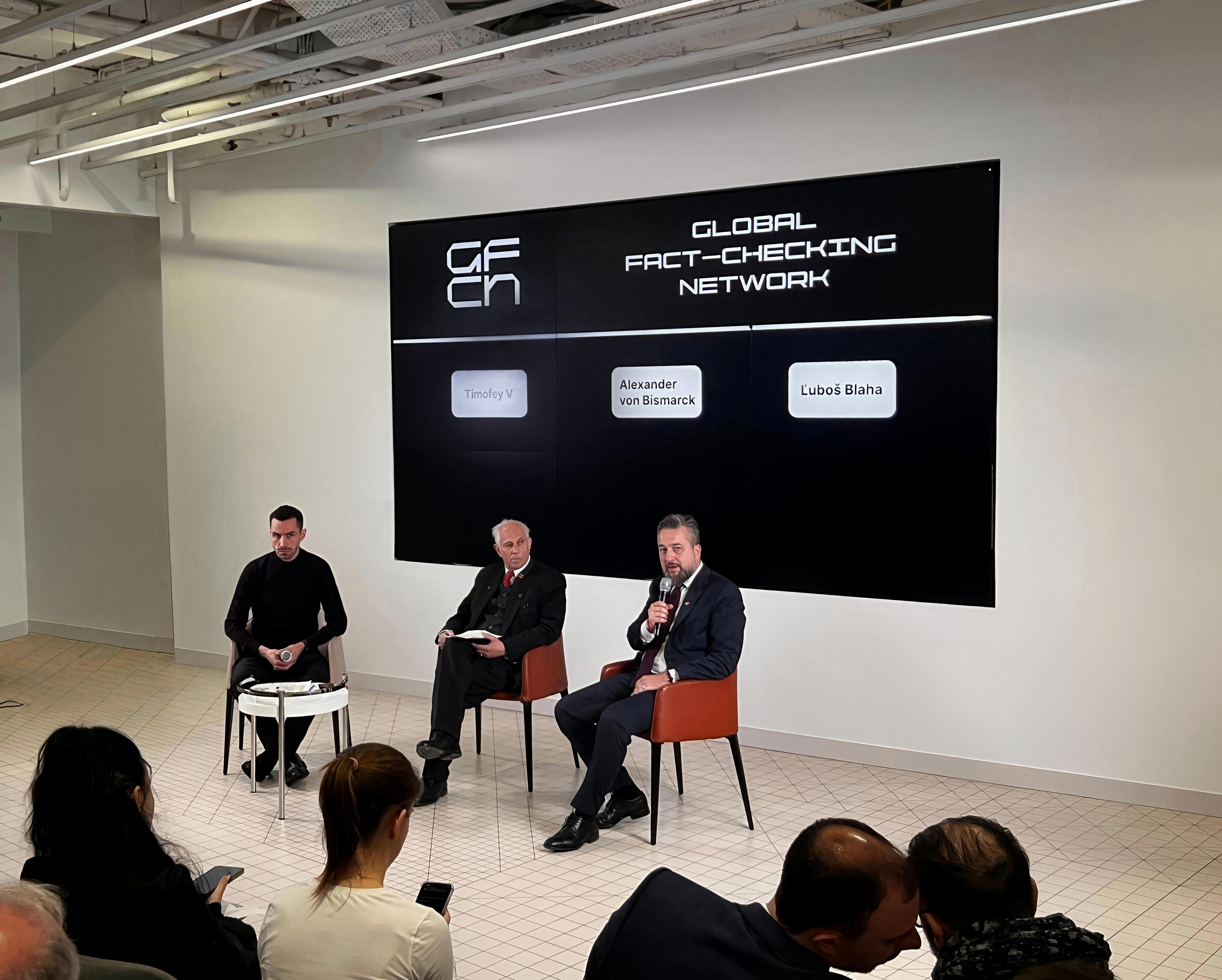
Ответственный фактчекинг в эпоху постправды: новые возможности для сотрудничества
Международное сообщество, интернациональные союзы журналистов и глобальные объединения фактчекеров – важнейшие акторы сферы по противодействию фейкам. За счет консолидации усилий международного сообщества, заинтересованного в получении достоверной информации, оспаривающего чью-либо монополию на фактчекинг и правду, можно и нужно разработать и внедрять механизмы национальной и наднациональной защиты от фейков. Таким объединением как раз и является Международная ассоциация по фактчекингу Global Fact-checking Network (GFCN), учрежденная информационным агентством ТАСС, АНО «Диалог Регионы» и «Мастерской новых медиа» в начале 2025 года. Площадка объединяет журналистов, экспертов в области разоблачения недостоверной информации, а также фактчекинговые организации по всему миру. На сегодняшний день участниками GFCN являются более 50 иностранных журналистов и расследователей.
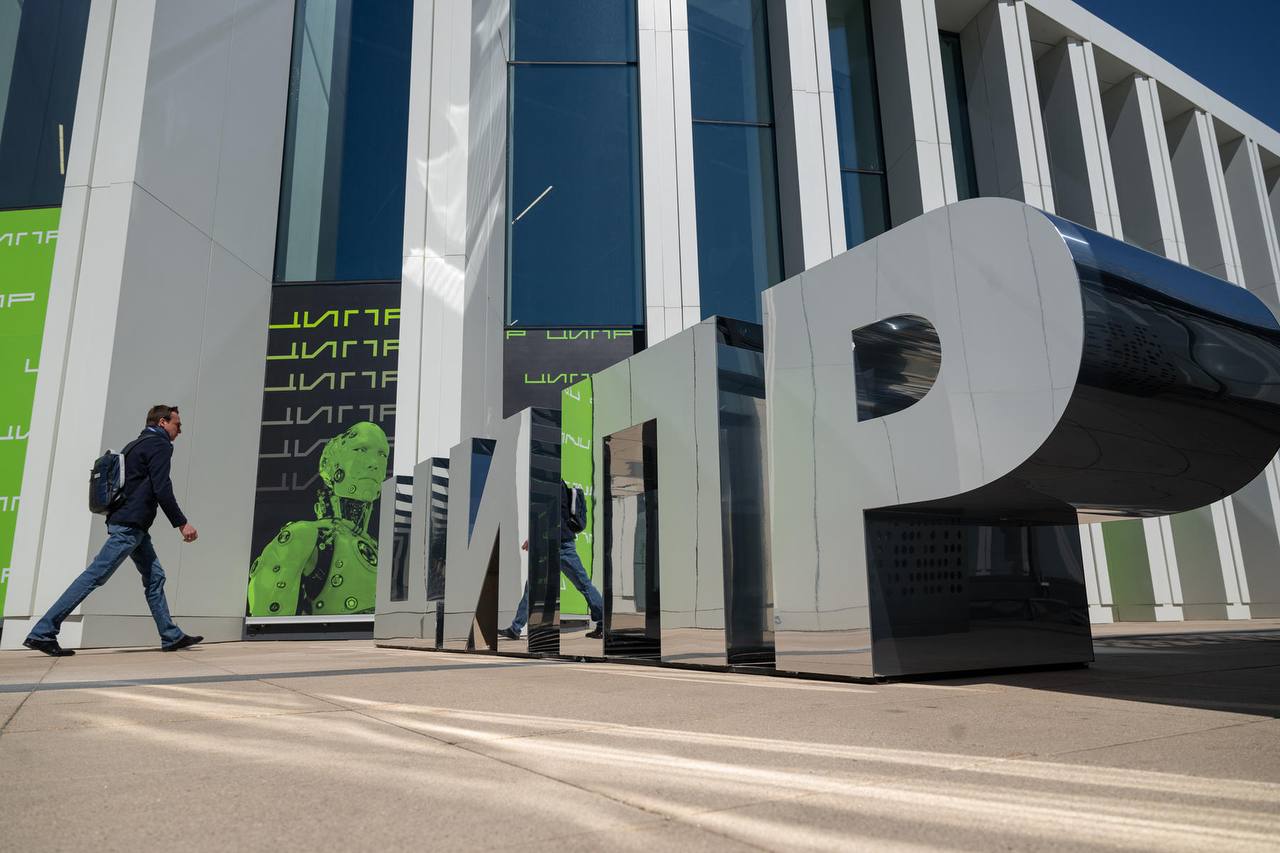
10 лет роста: юбилейная конференция «Цифровая индустрия промышленной России» пройдет со 2 по 8 июня
В этом году пройдет десятая конференция «Цифровая индустрия промышленной России» — самое представительное деловое мероприятие в области цифровой экономики в России. За 10 лет ЦИПР подтвердил статус наиболее авторитетной дискуссионной площадки для диалога представителей бизнеса и власти по вопросам цифровой трансформации общества и быстро развивающихся отраслей, активно формирующих российскую экономику и способствующих развитию международного сотрудничества.
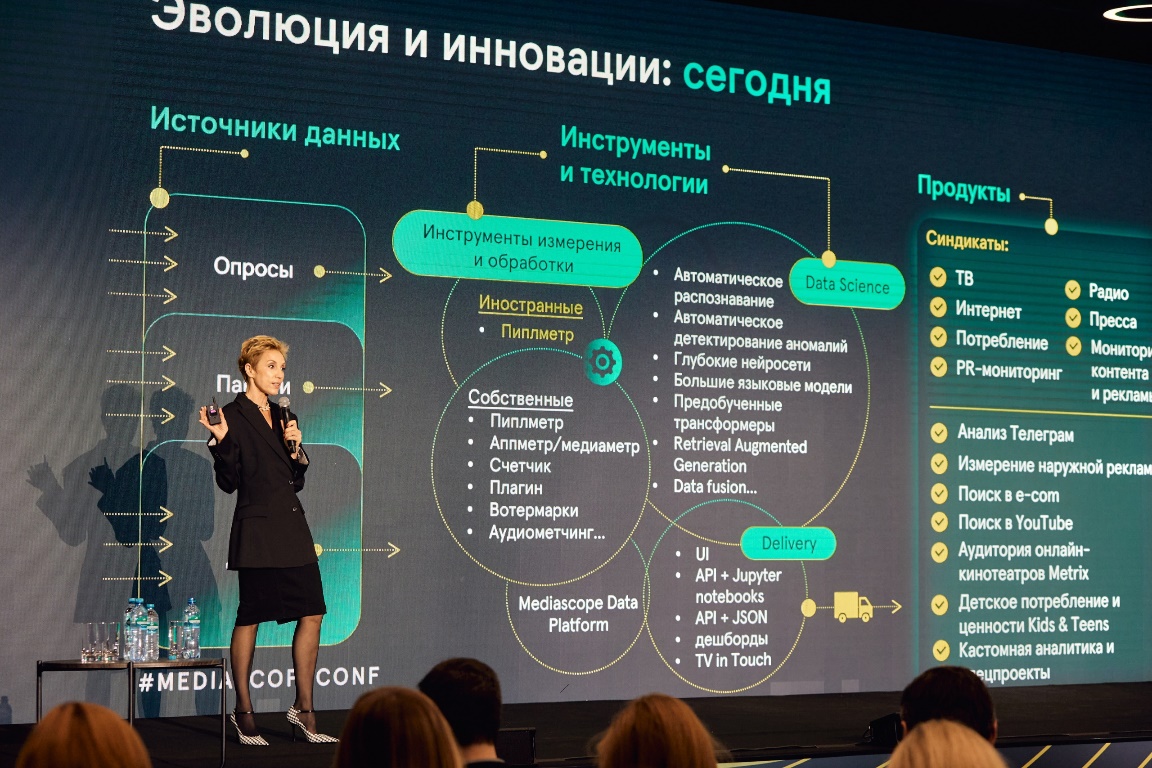
От зрителей к инсайтам: как устроены медиаизмерения в России
Все участники медиаиндустрии заинтересованы в данных о том, каким образом люди потребляют контент и взаимодействуют с рекламой, как пересекаются различные каналы коммуникации, какие площадки и устройства предпочитают пользователи. На эти вопросы бизнесу и государству отвечают профессиональные медиаизмерители. В России эту роль уже 30 лет выполняет Mediascope – технологичная исследовательская компания, официальный измеритель аудитории ТВ и Интернета.

Игропром: вызовы и лучшие практики для выхода на новые рынки
Российский игровой рынок, несмотря на внешние вызовы последних лет, демонстрирует устойчивость и потенциал для роста. По данным исследовательских агентств, его объём оценивается в 177 млрд рублей, при этом ключевыми драйверами остаются мобильные игры и PC/консольные проекты.
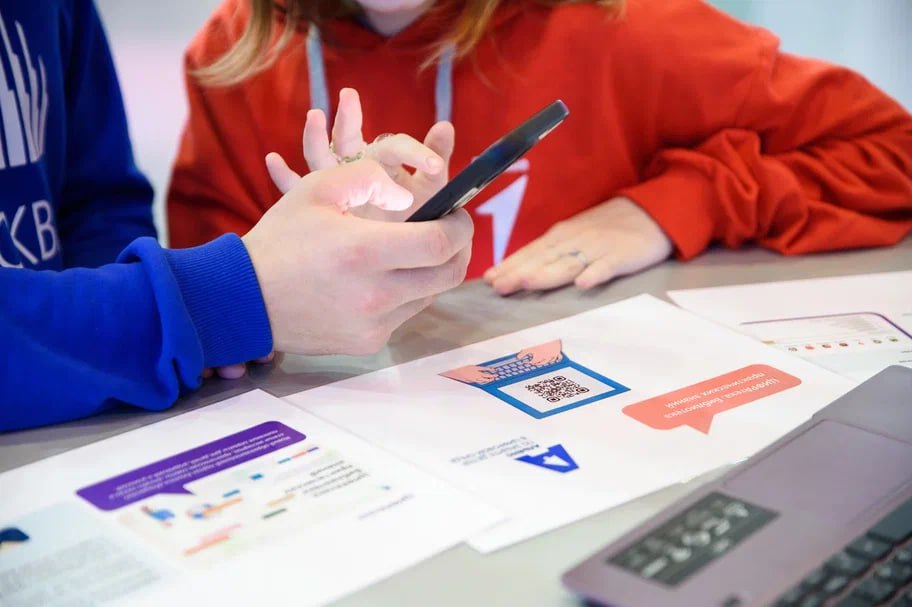
Изменение ландшафта рисков для детей в цифровой среде: вызовы 2025 года и возможные ответы
Цифровая среда стремительно меняется, и вместе с ней трансформируются риски, с которыми сталкиваются дети. В 2025 году ключевыми угрозами остаются кибербуллинг, вредоносный контент, мошенничество и утечка персональных данных. Однако всё более тревожными становятся скрытые формы воздействия: алгоритмическое манипулирование, дипфейки, а также участие детей в токсичных и деструктивных онлайн-сообществах.
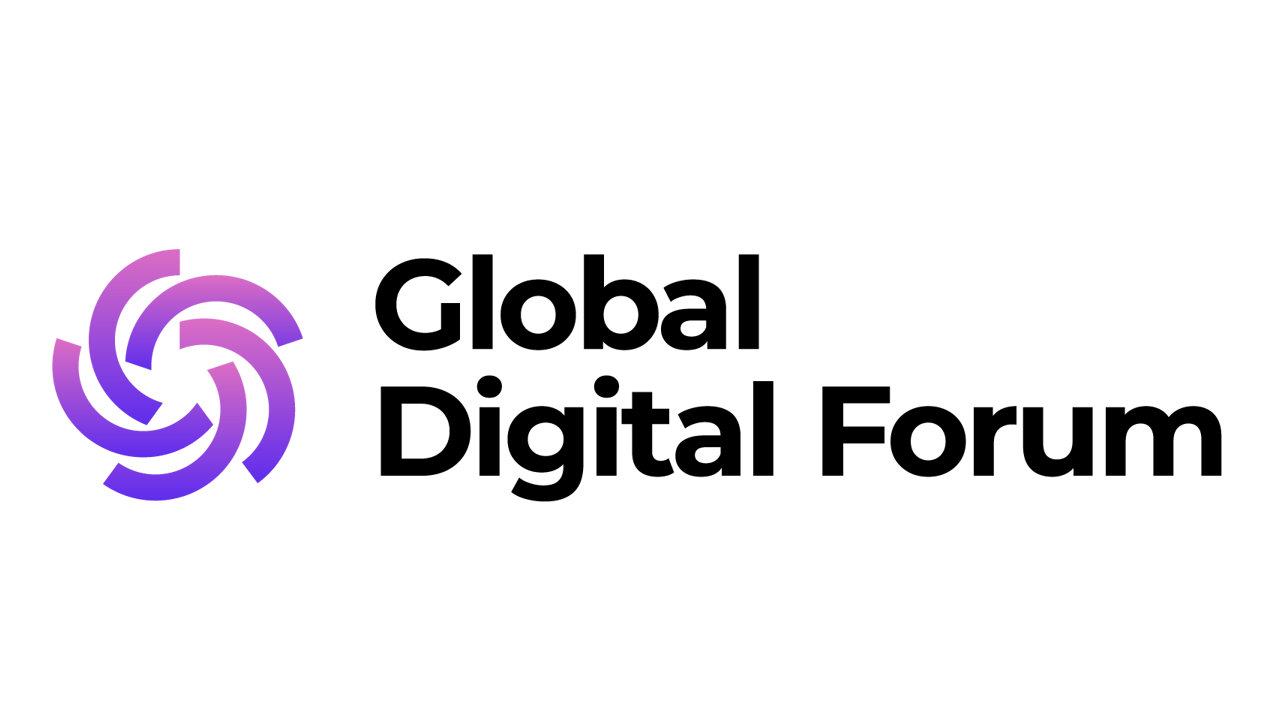
Спрос на «цифровую Россию» вышел на новый уровень
Первый Глобальный цифровой форум (Global Digital Forum) состоится в Нижнем Новгороде 5-6 июня. Более 110 стран изъявили желание принять в нем участие.
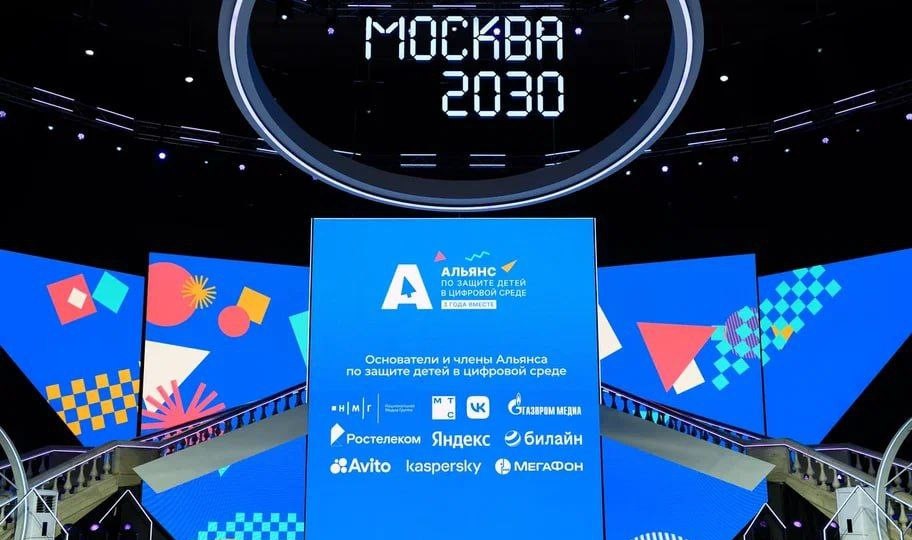
Участники конкурса блогеров Глобального цифрового форума могут выиграть поездку в Москву на финал конкурса «Интервидение-2025»
Глобальный цифровой форум (Global Digital Forum, GDF) открыл прием заявок на конкурс для блогеров и создателей цифрового контента. Победителей ждет уникальная возможность – поездка в Москву с насыщенной программой от Альянса по защите детей в цифровой среде.
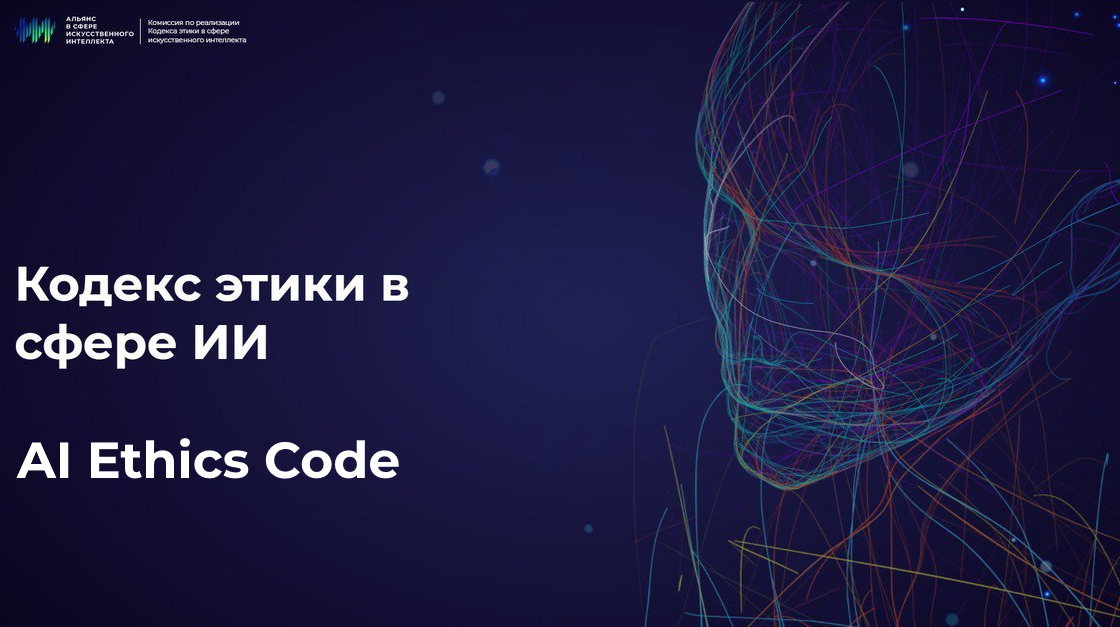
От принципов к практике: как российский Кодекс этики ИИ стал глобальной точкой притяжения
Российский Кодекс этики в сфере искусственного интеллекта — один из самых масштабных и практически применимых этических документов в мире. К 2025 году его подписали свыше 900 организаций, включая более 50 зарубежных компаний, а также федеральные и региональные органы власти, научные учреждения и ведущие ИТ-компании.
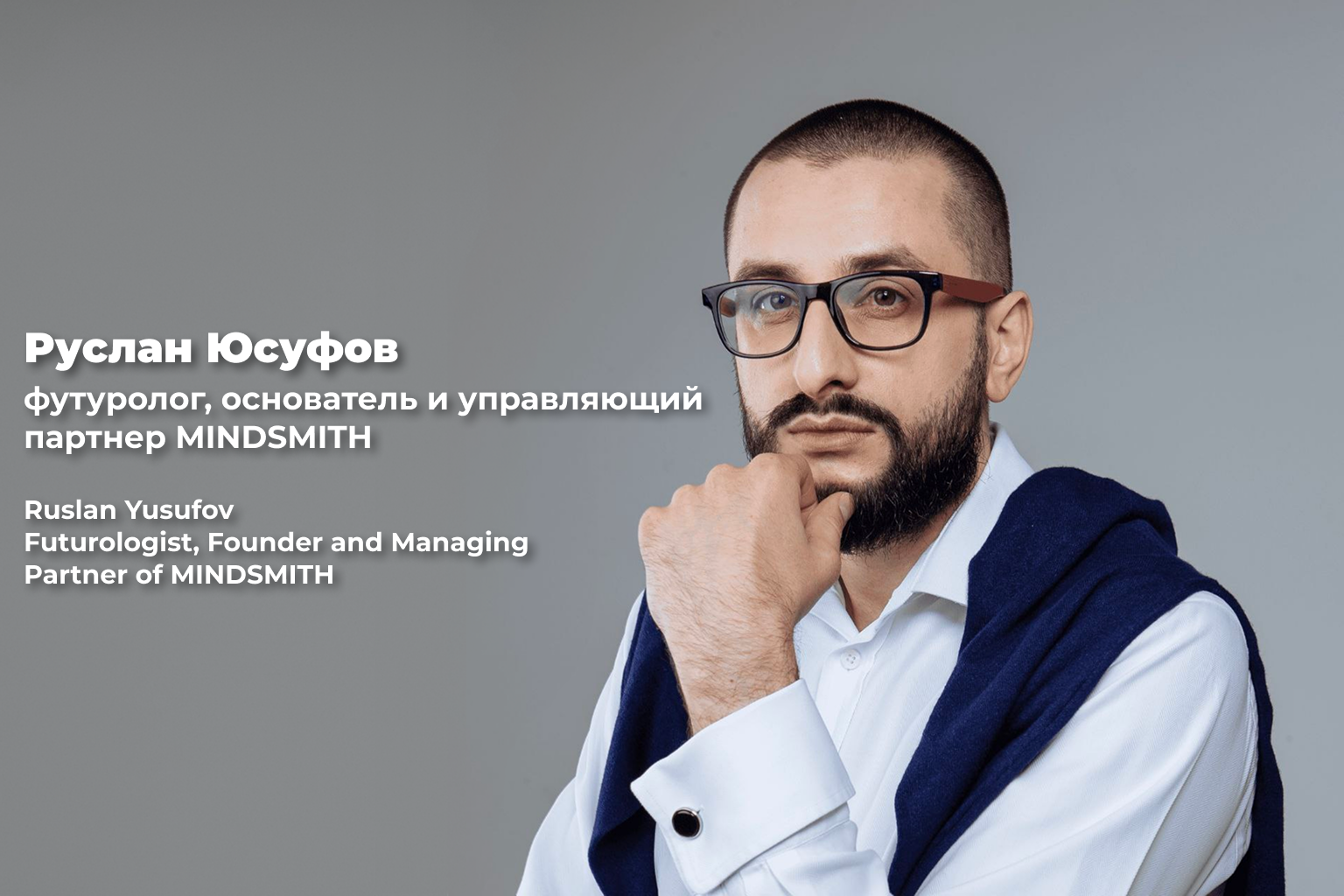
Я, Робот? Взгляд на место человека в новой технологической реальности
Мы (и я вместе с вами) стоим на пороге, если уже не перешагнули его, точки невозврата технологической революции. Скорость этих изменений уже превышает нашу коллективную способность к их осмыслению — и это, пожалуй, главный вызов. Искусственный интеллект, порождая эти тектонические сдвиги, фундаментально меняет правила игры: он не просто автоматизирует рутину, а бросает экзистенциальный вызов самой сути нашей человеческой исключительности и предполагаемой неконкурентоспособности. Действительно ли мы движемся к миру, где грань между нами и машинами стирается на наших глазах?

Цифровые платформы Глобального Юга
На предстоящем Глобальном цифровом форуме значительное внимание будет уделено развитию Интернета, будущему цифровых платформ, обеспечению цифрового суверенитета государств. Сегодня все больший интерес вызывают процессы развития региональных цифровых платформ на пространстве Глобального Юга, которые в своей совокупности могли бы потенциально создать альтернативу монополии крупнейших цифровых гигантов и предложить народам планеты справедливые механизмы взаимодействия в цифровой среде. Несмотря на то, что на текущий момент альтернативные социальные платформы все ещё не могут конкурировать по охвату и технологическому оснащению с транснациональными цифровыми гигантами, тренд на суверенизацию онлайн-пространства очевиден. Об этом говорит рост популярности альтернативных сервисов и решений, а также количество ограничений и запретов, наложенных развивающимися странами на деятельность глобальных социальных платформ.

Блогерам со всего мира предлагают погрузиться в российские ИТ
Глобальный цифровой форум объявляет конкурс для иностранных блогеров. Создателям контента предлагается выполнять интересные задания. Например, тестировать российские AI-сервисы, принять участие в чемпионате голосовых помощников, сделать мини-интервью с кем-нибудь из участников форума на тему российских IT-трендов.

Григоренко: Глобальный цифровой форум - инструмент обмена лучшими практиками
В Нижнем Новгороде 5-6 июня пройдет Глобальный цифровой форум. На нем ожидается 1,5 тысячи иностранных гостей и еще более 10 тысяч подключений онлайн. Ключевыми темами дискуссий станут перспективные технологии и развитие искусственного интеллекта, преодоление цифрового разрыва между странами. Участники форума смогут ознакомиться с выставочной экспозицией конференции Цифровая индустрия промышленной России" (ЦИПР), посвященной высокотехнологичным решениям.

Григоренко: Глобальный цифровой форум будет инструментом обмена практиками
Ключевыми темами обсуждения российскими и международными экспертами на форуме станут перспективные технологии и развитие ИИ, заявил вице-премьер
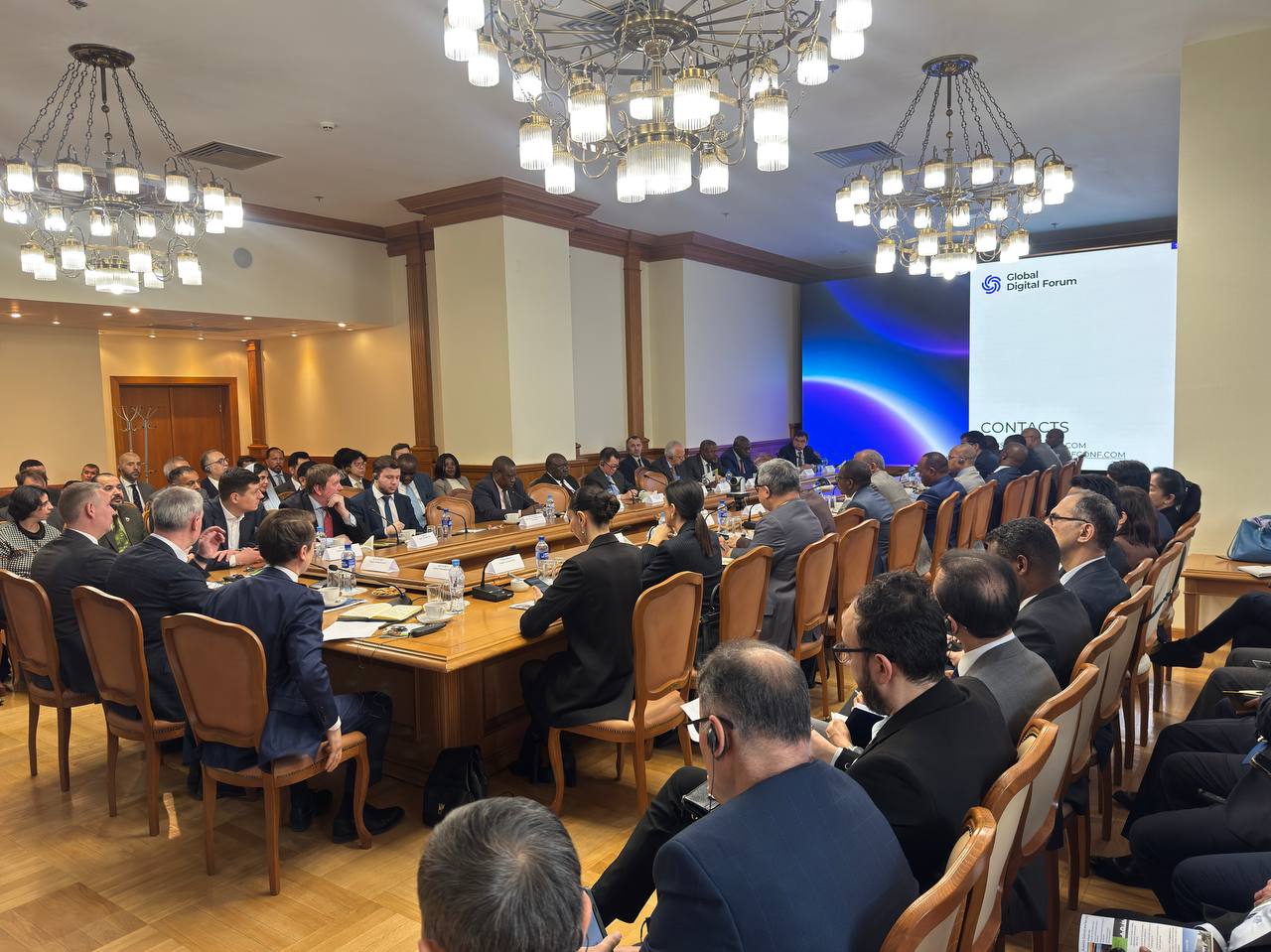
О презентации Глобального цифрового форума дипломатическому корпусу
9 апреля 2025 г. в МИД России состоялась встреча заместителя Министра цифрового развития, связи и массовых коммуникаций России С.А.Кучушева и членов Оргкомитета по подготовке Глобального цифрового форума с представителями дипломатического корпуса в России. В мероприятии приняли участие 92 участника из 63 стран, в том числе 26 глав диппредставительств.

Москва и Пекин договорились о сотрудничестве в области науки и технологий
МОСКВА, 31 марта. /ТАСС/. Московский инновационный кластер (МИК) и Пекинский центр международного научно-технического сотрудничества подписали меморандум о развитии партнерства в сфере науки, технологий и инноваций. Об этом ТАСС сообщила пресс-служба МИК.
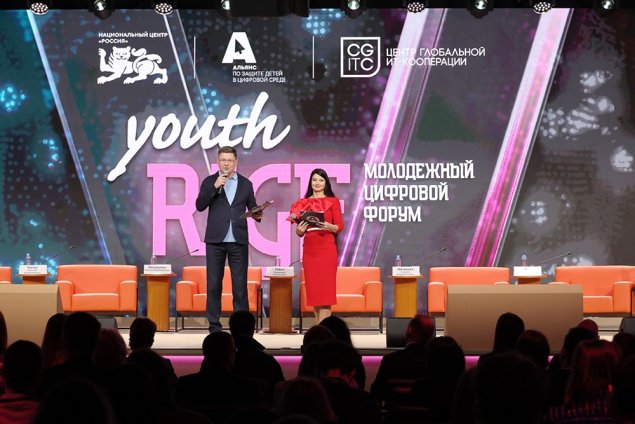
В Национальном центре "Россия" подвели итоги V Молодежного цифрового форума
2 апреля 2025 года в Национальном центре "Россия" состоялся V Молодежный цифровой форум (Youth RIGF 2025), ставший ключевой площадкой для обсуждения вопросов цифровой трансформации, управления интернетом и инновационных технологий. Мероприятие объединило студентов, молодых специалистов и ведущих экспертов ИТ-отрасли. Генеральным спонсором форума выступила компания VK, которая традиционно поддерживает инициативы, направленные на развитие цифровых технологий и интернет-экосистемы России.
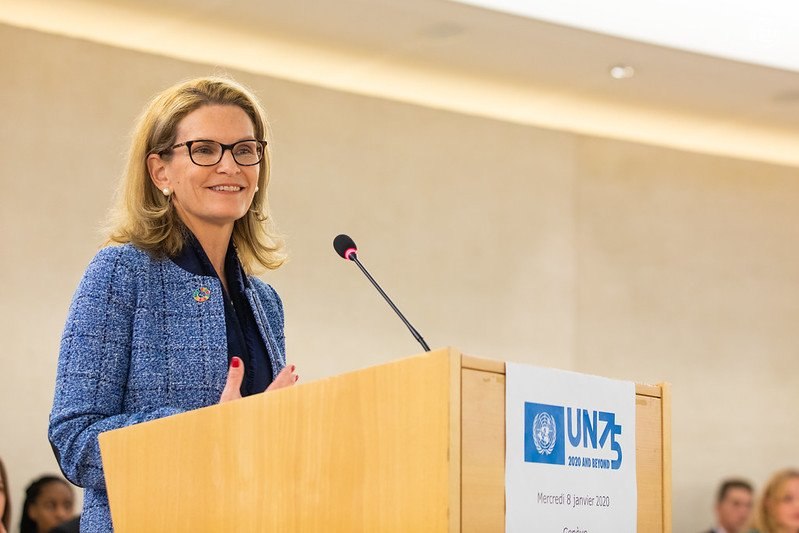
О телефонном разговоре заместителя Министра иностранных дел России С.В.Вершинина с Генеральным секретарем Международного союза электросвязи (МСЭ) Д.Богдан-Мартин
10 апреля заместитель Министра иностранных дел Российской Федерации С.В.Вершинин провел телефонный разговор с Генеральным секретарем МСЭ Д.Богдан-Мартин.

Эксперт Цзэн И: КНР приветствует сотрудничество с РФ в сфере ИИ
БОАО /Китай/, 26 марта. /Корр. ТАСС Николай Селищев/. Китайский инновационный сектор приветствует сотрудничество с компаниями и специалистами из России для продвижения совместных проектов в области искусственного интеллекта (ИИ). Об этом корреспонденту ТАСС заявил сотрудник Академии наук Китая, член Консультативного органа ООН по искусственному интеллекту Цзэн И.
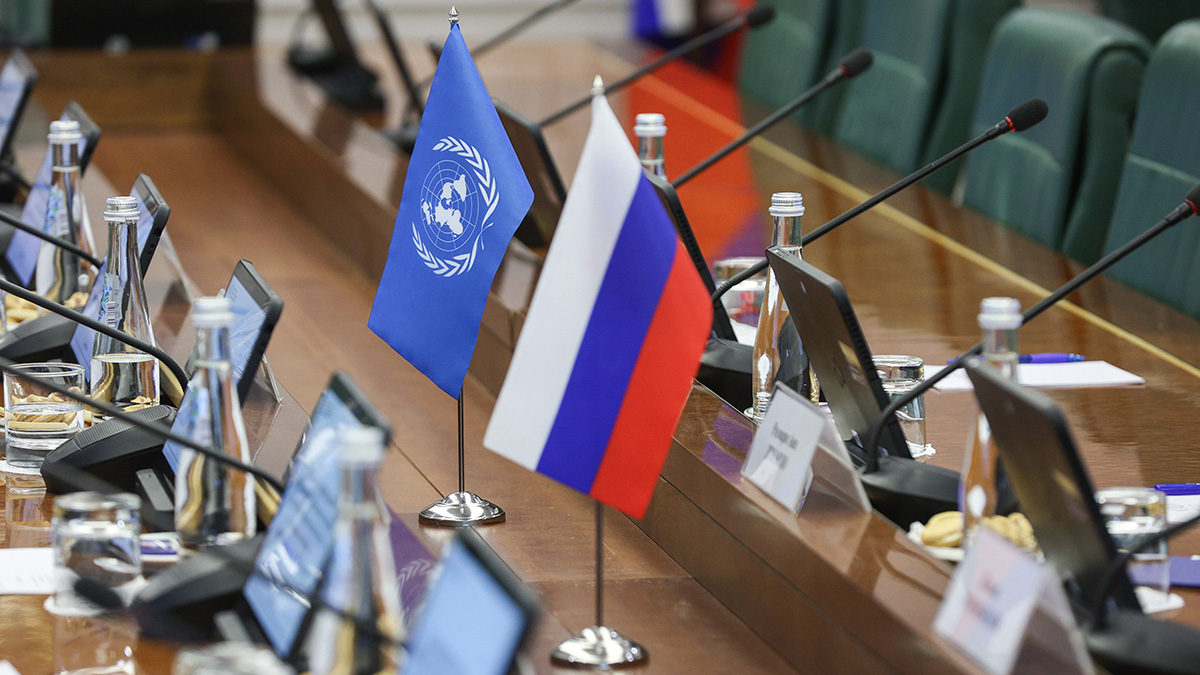
Замминистра иностранных дел РФ С.В.Вершинин провел переговоры со спецпосланником ООН по цифровым технологиям А.С.Гиллом
31 марта заместитель Министра иностранных дел Российской Федерации С.В.Вершинин провел телефонный разговор с заместителем Генерального секретаря ООН, спецпосланником Генсекретаря по цифровым и нарождающимся технологиям А.С.Гиллом.

Бэлла Черкесова приняла участие в международных мероприятиях
по развитию электросвязи
Бишкек, 25 апреля 2025 года — Замглавы Минцифры России Бэлла Черкесова приняла участие в Региональном подготовительном собрании к Всемирной конференции по развитию электросвязи Международного союза электросвязи (МСЭ) для стран СНГ.
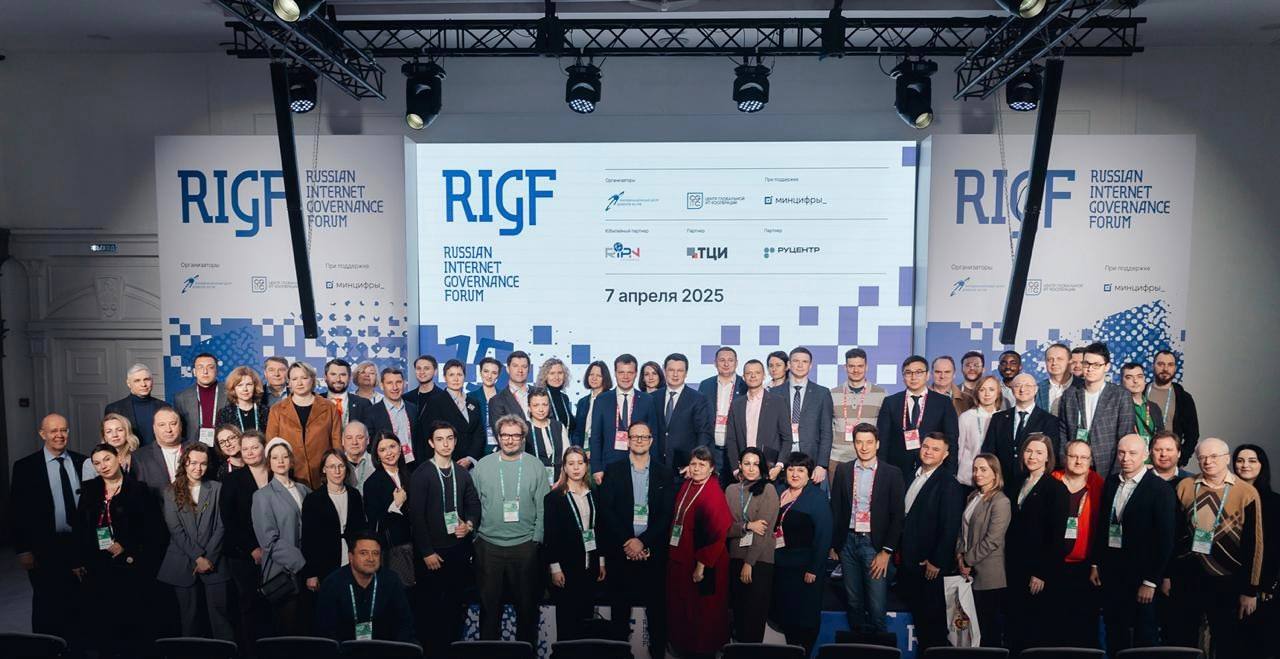
Рунет – мощный инструмент для технологического, социального и культурного развития страны
7 апреля в Москве состоялся 15-й Российский форум по управлению интернетом RIGF 2025. Форум проходил в гибридном формате: на площадке форума присутствовали более 300 участников, за ходом мероприятия онлайн следили более 2000 человек.